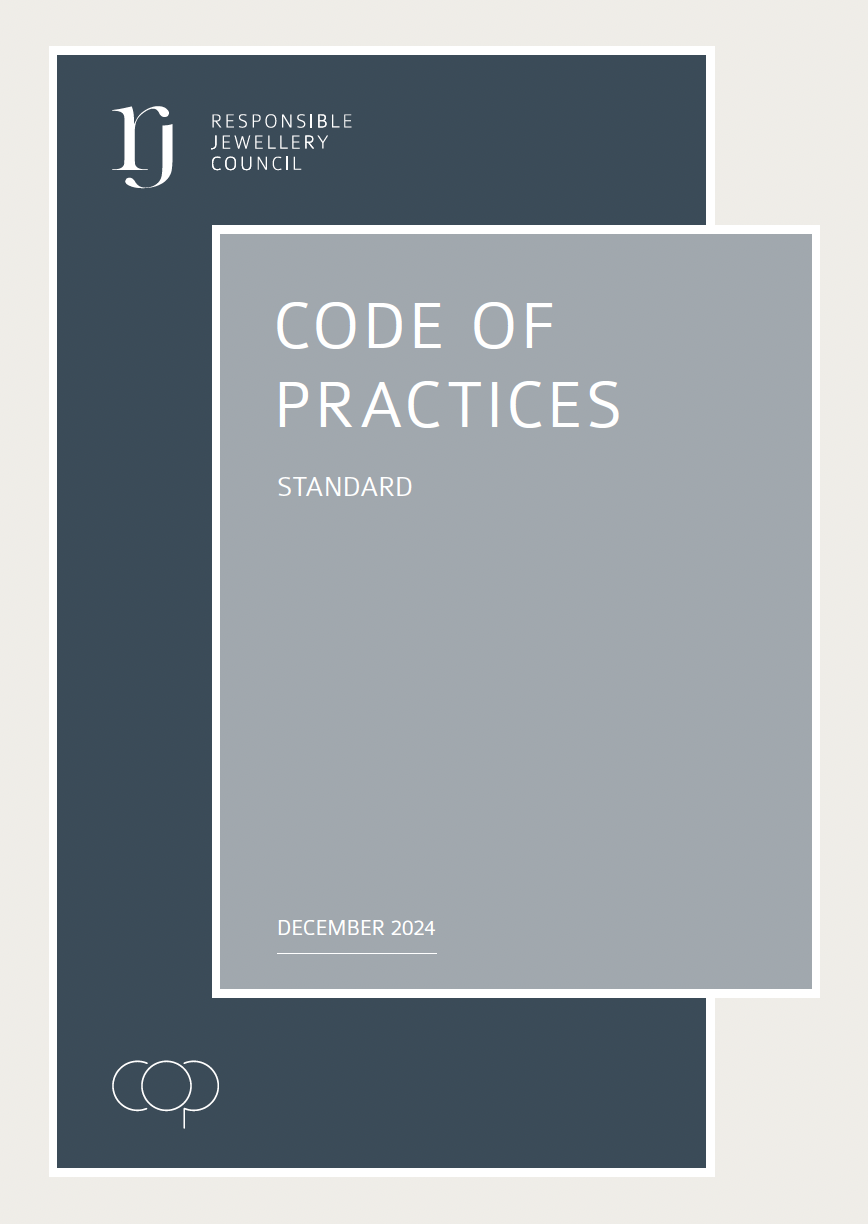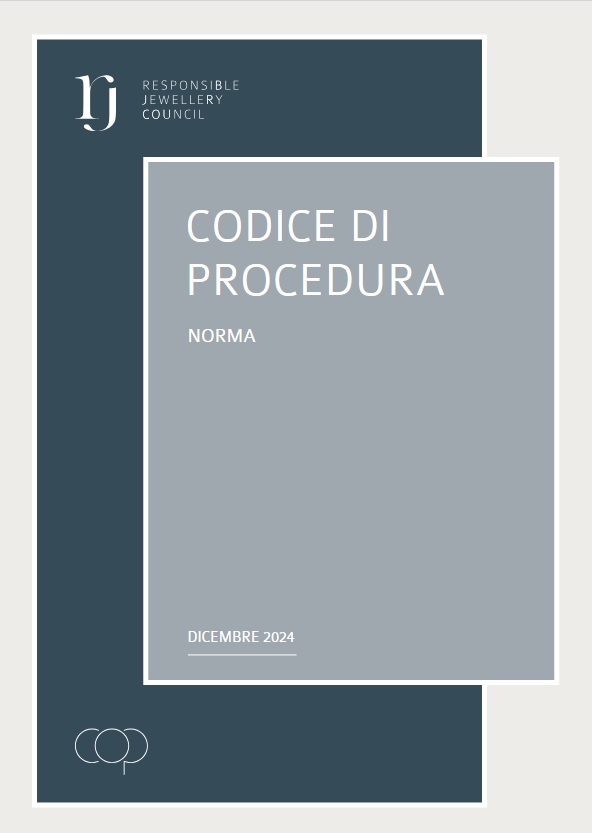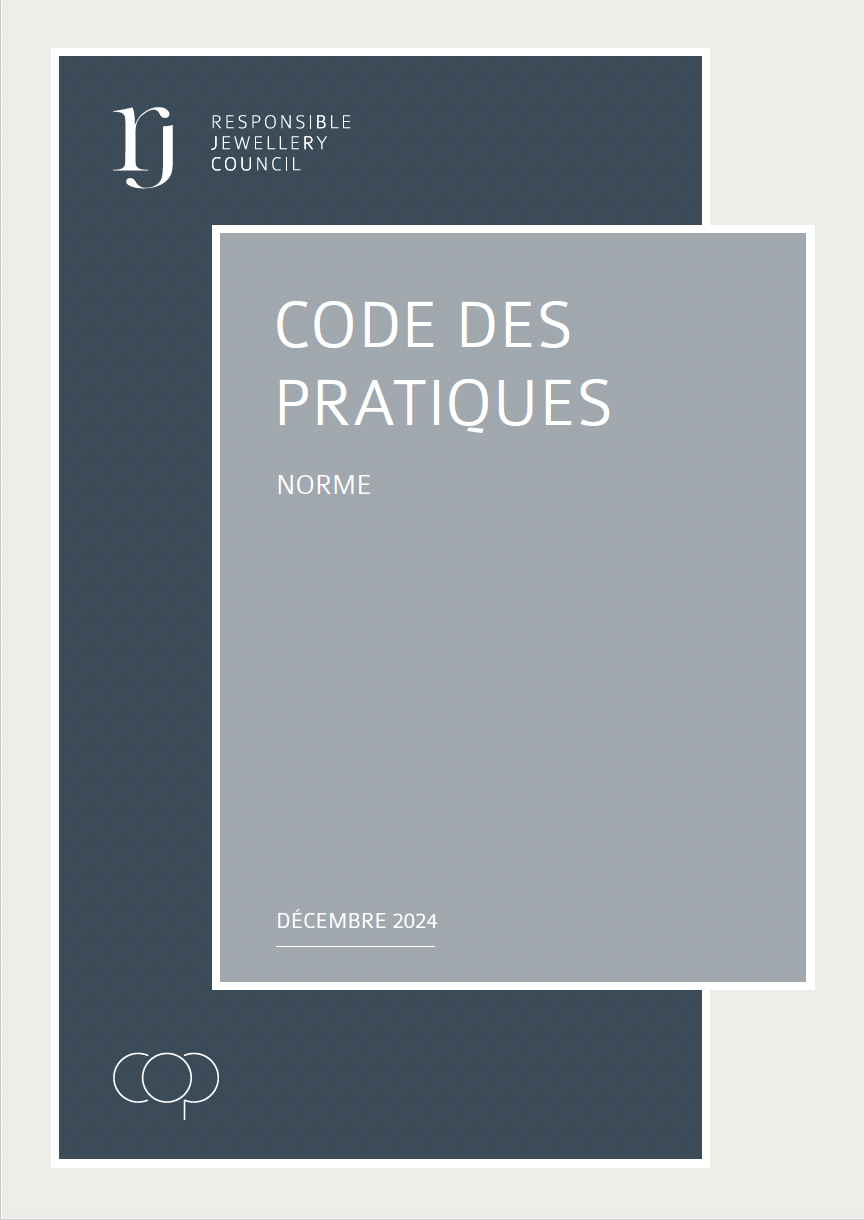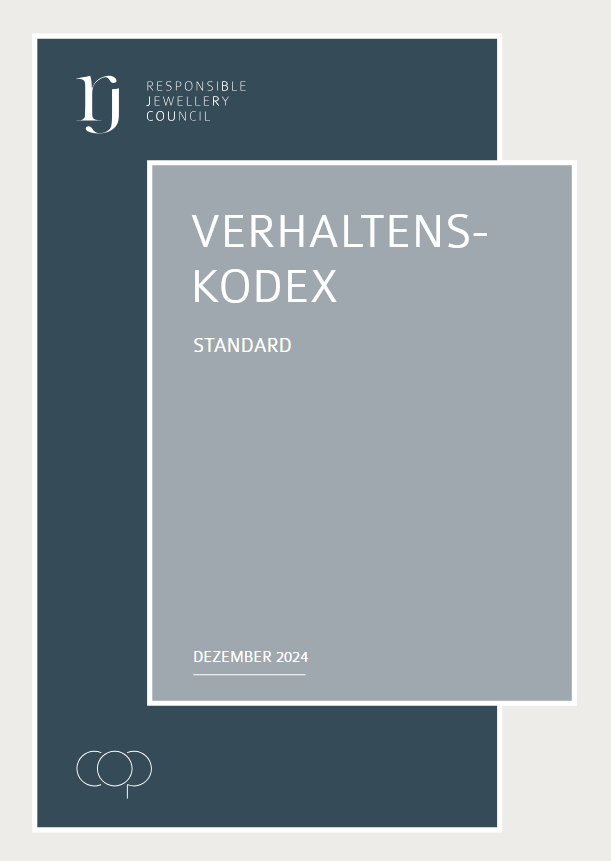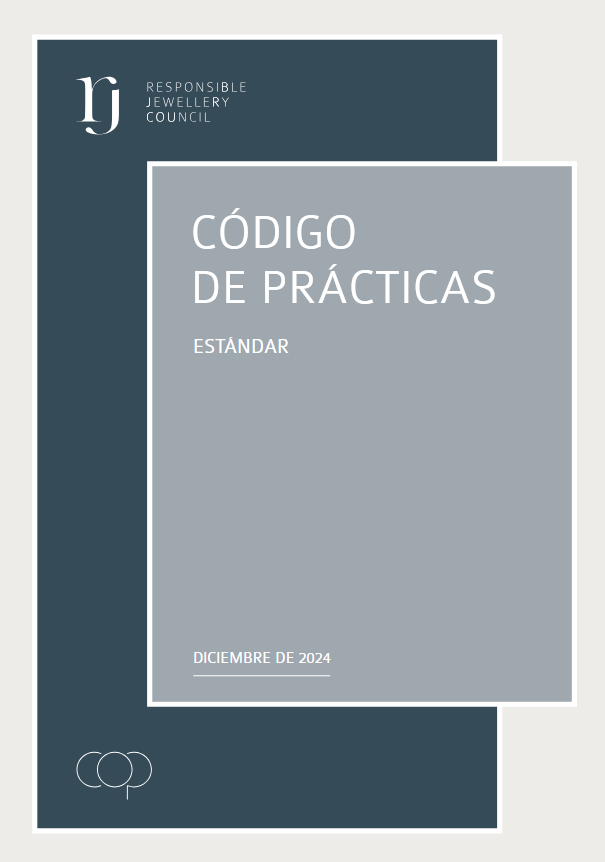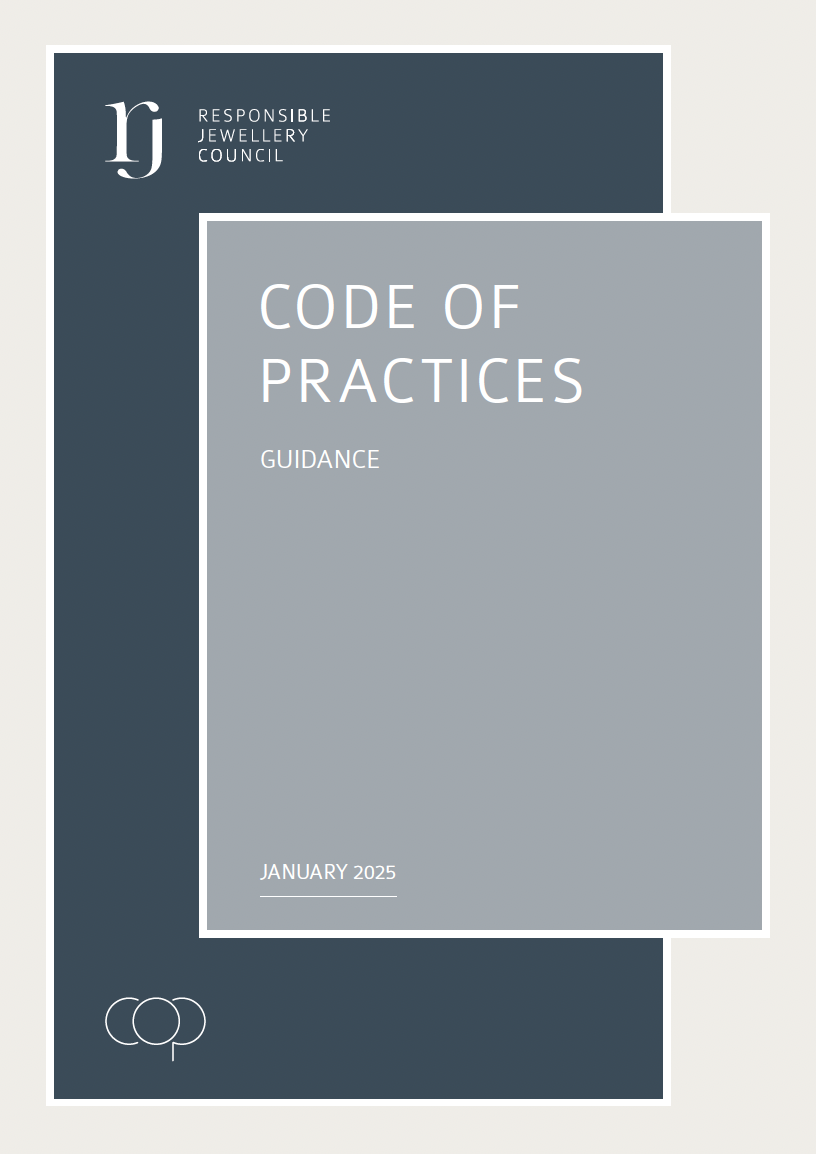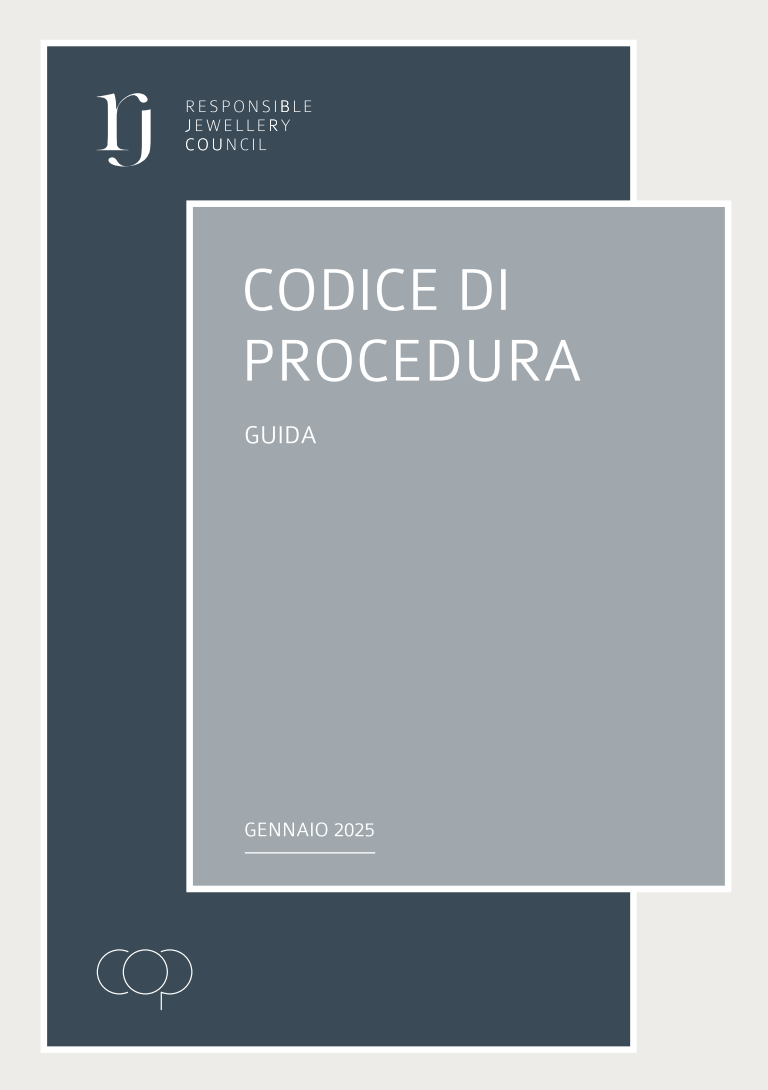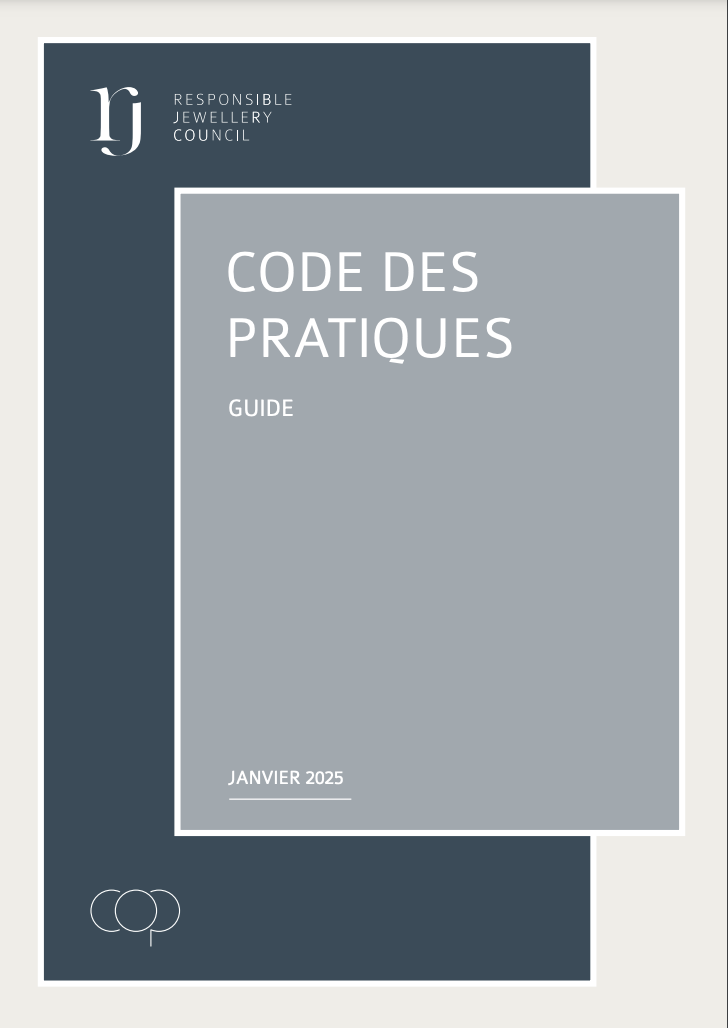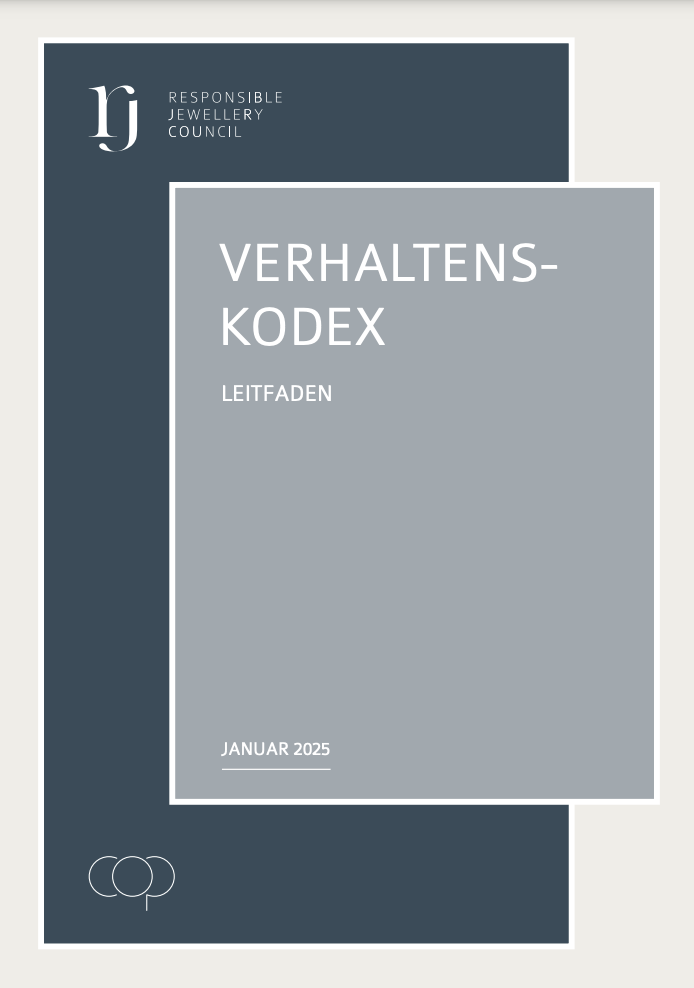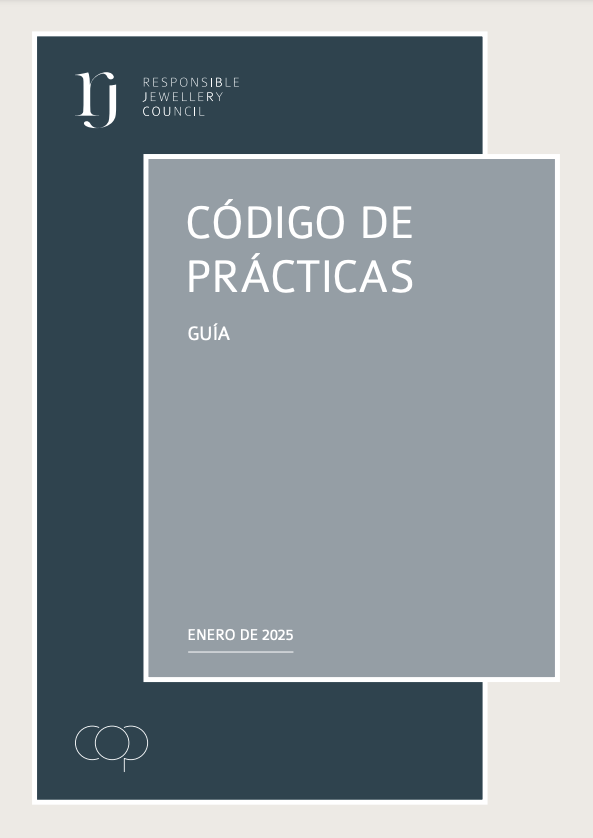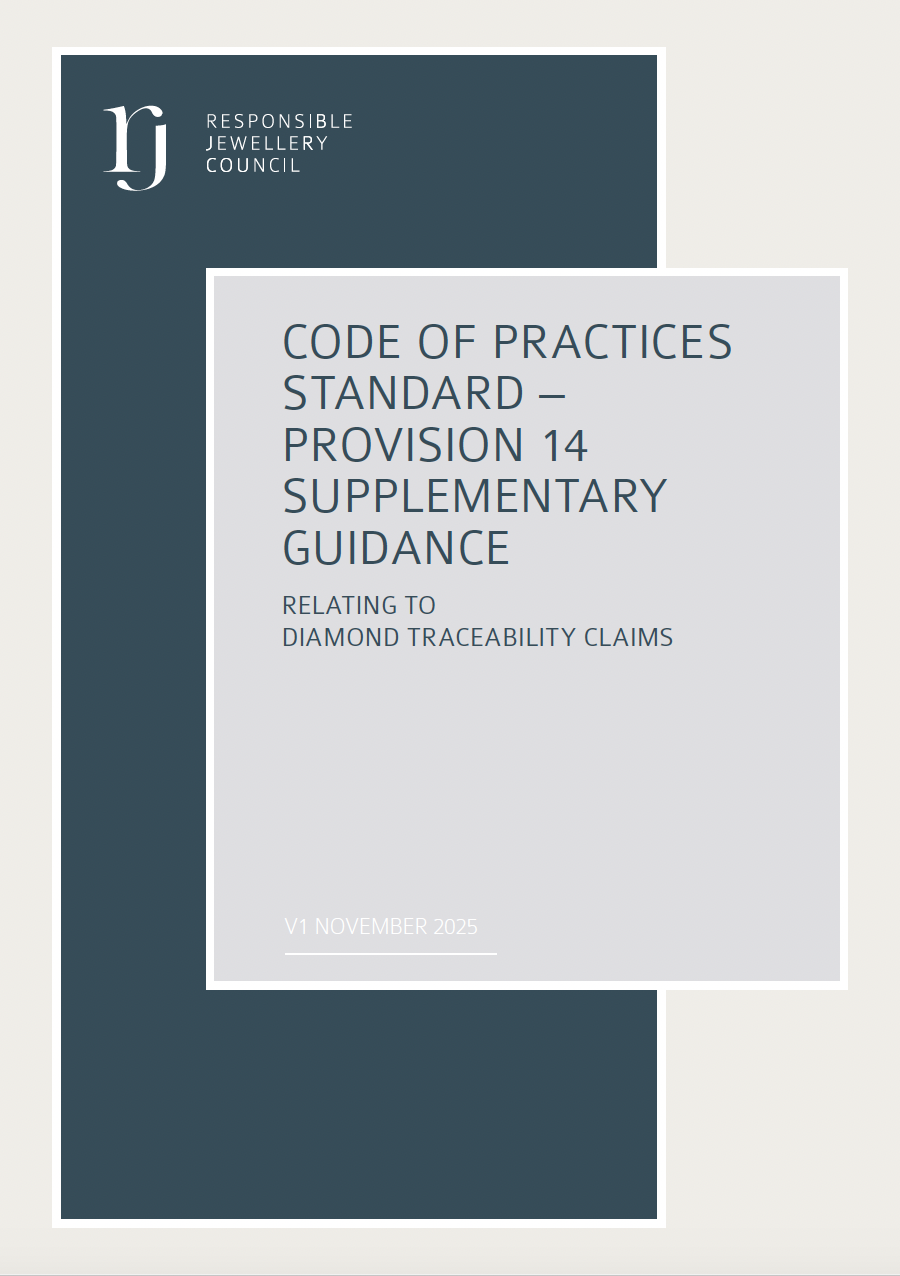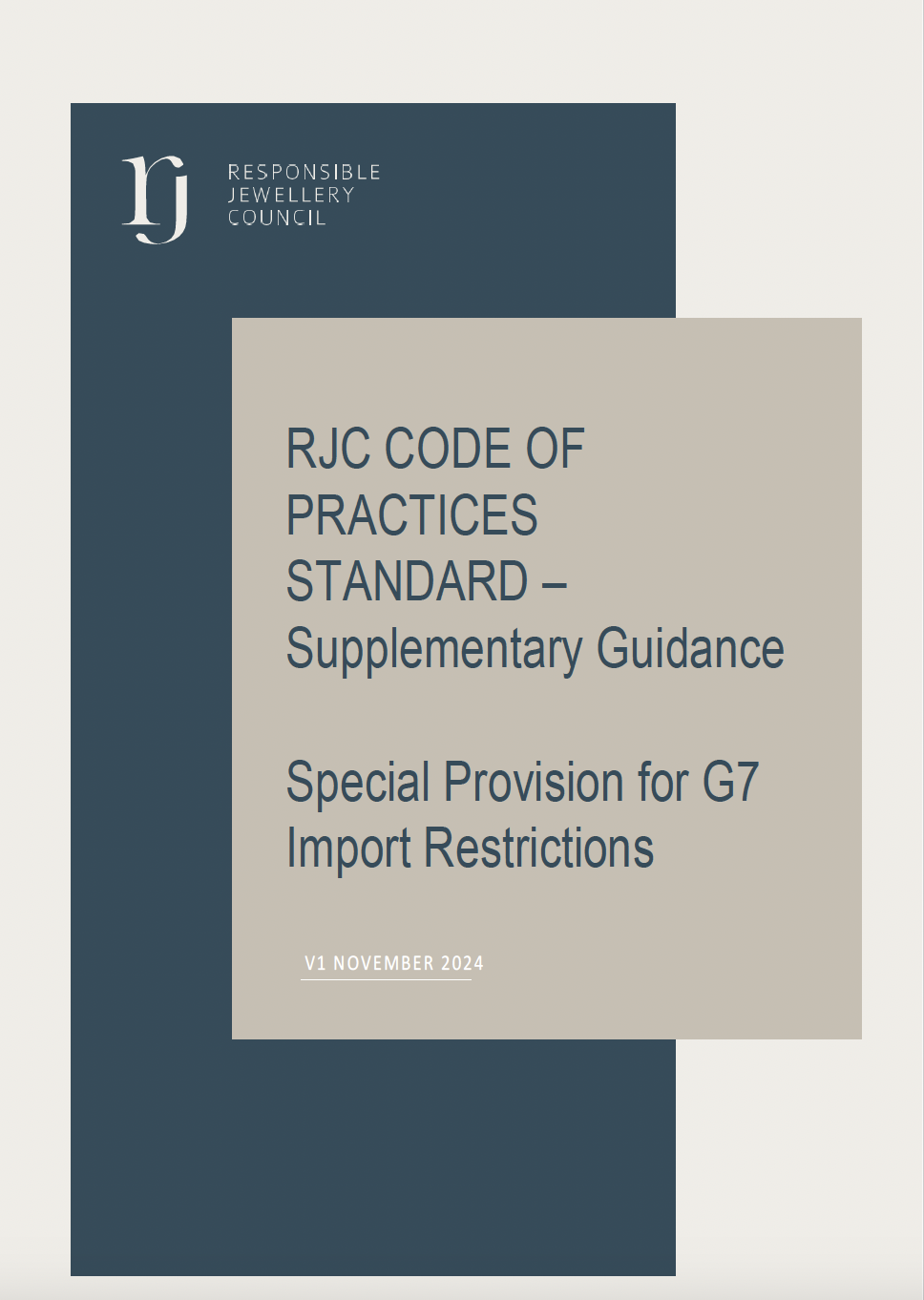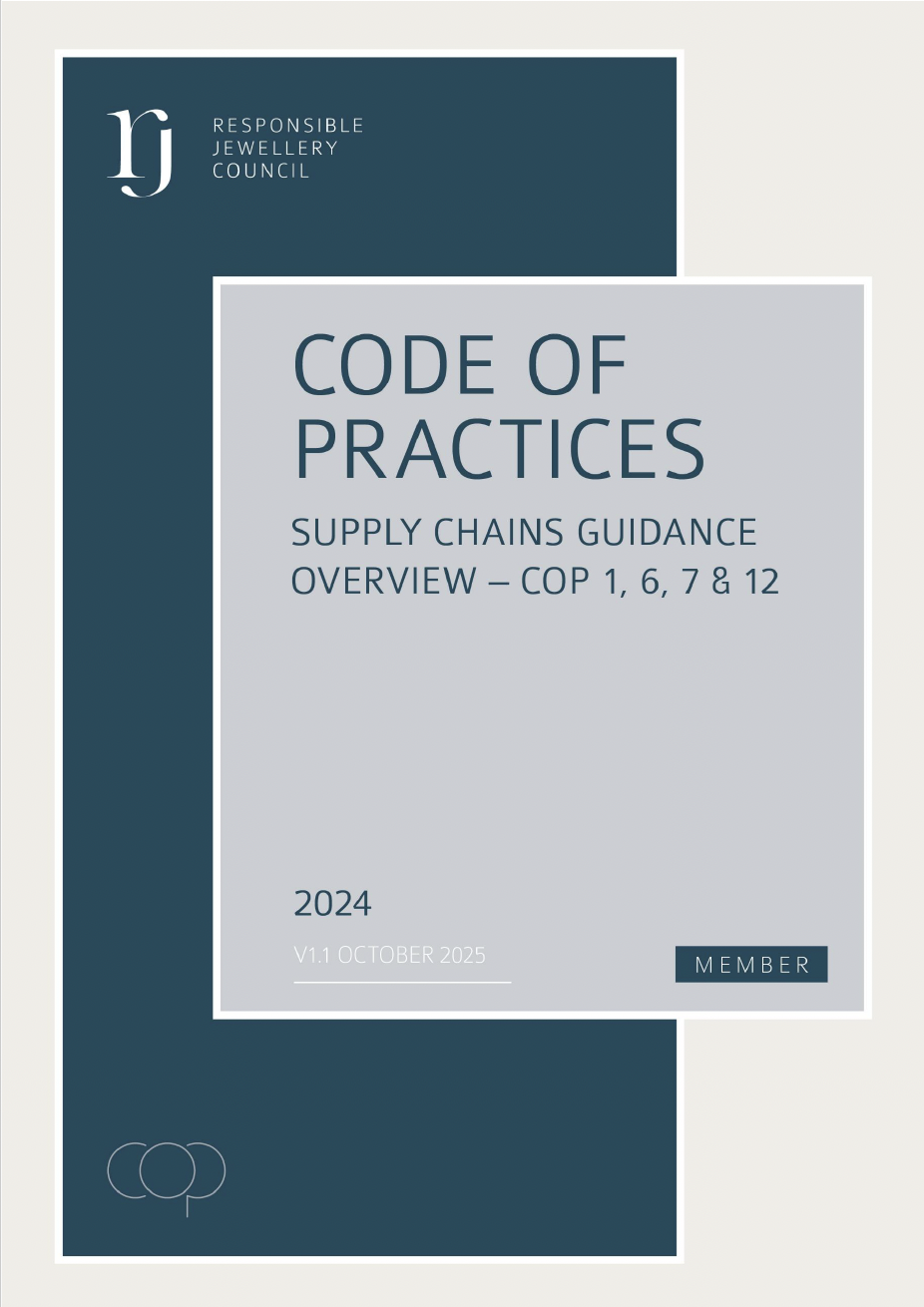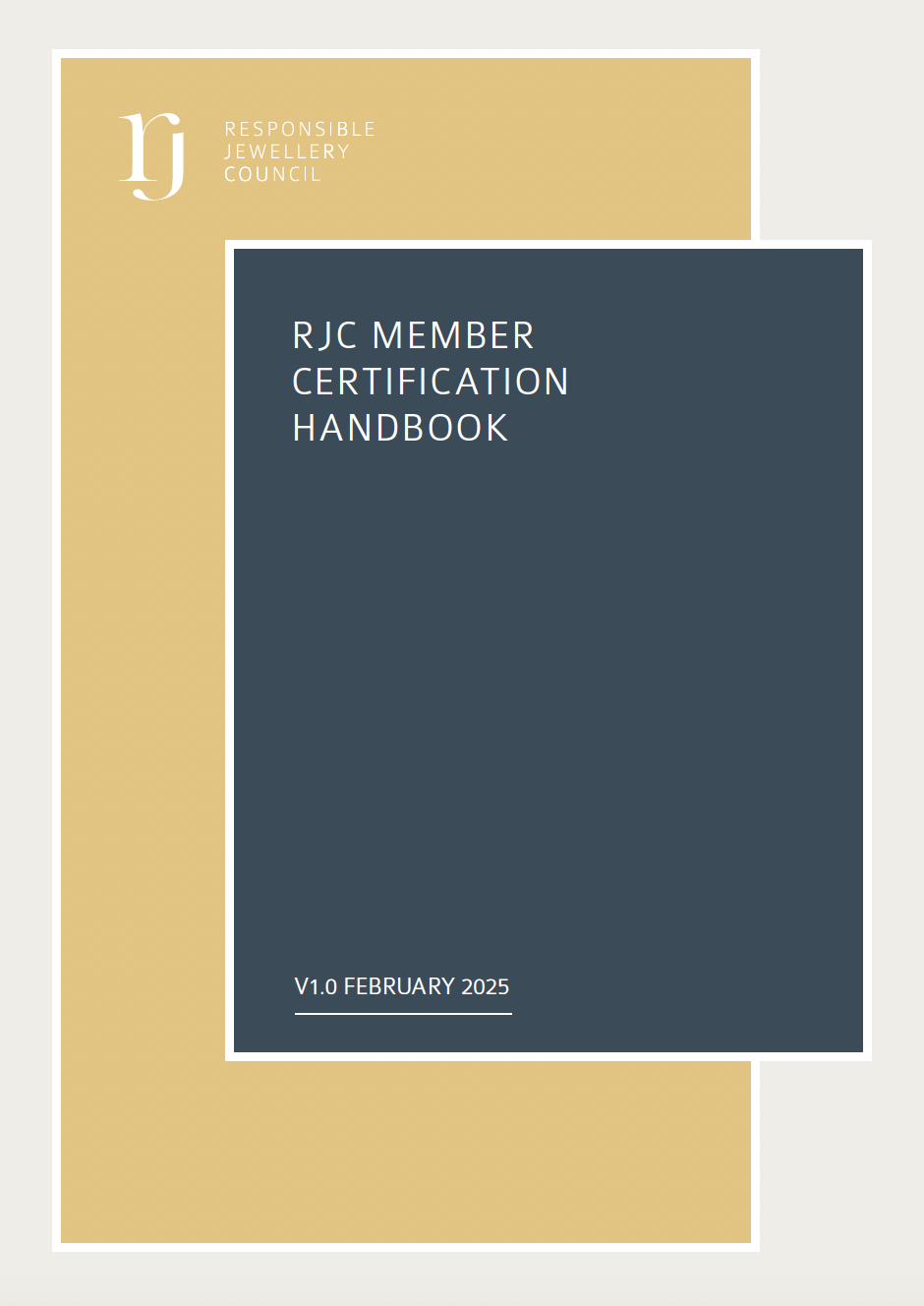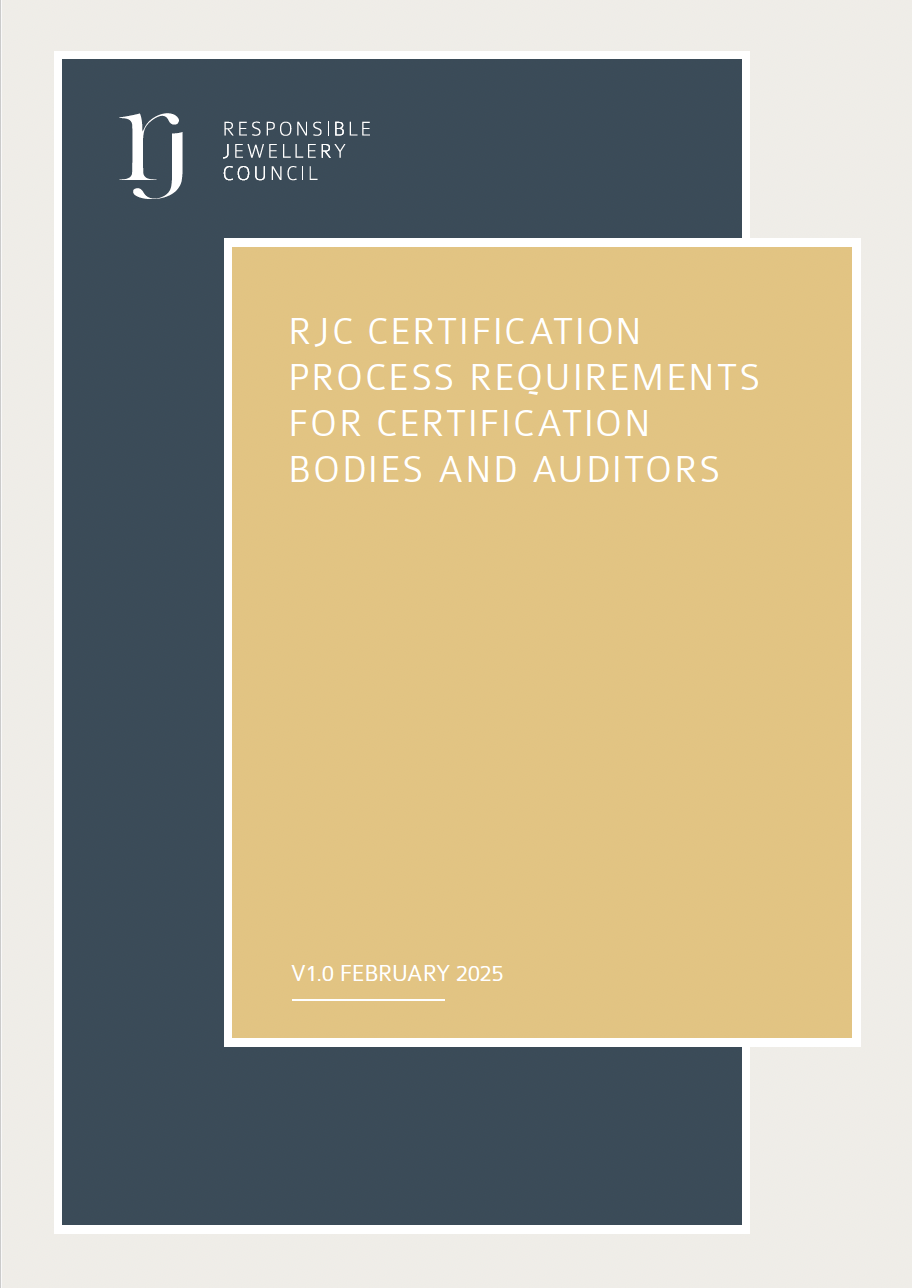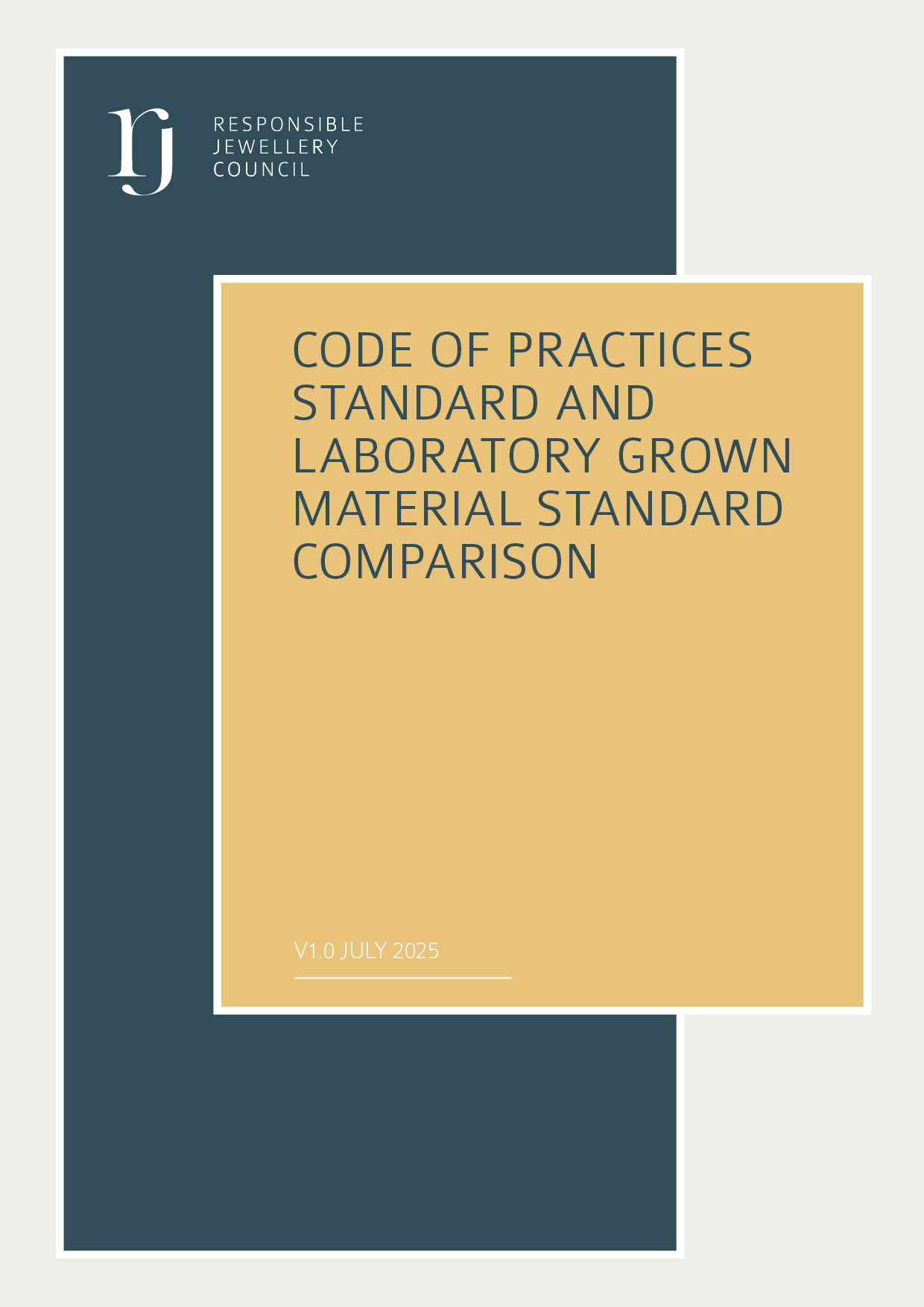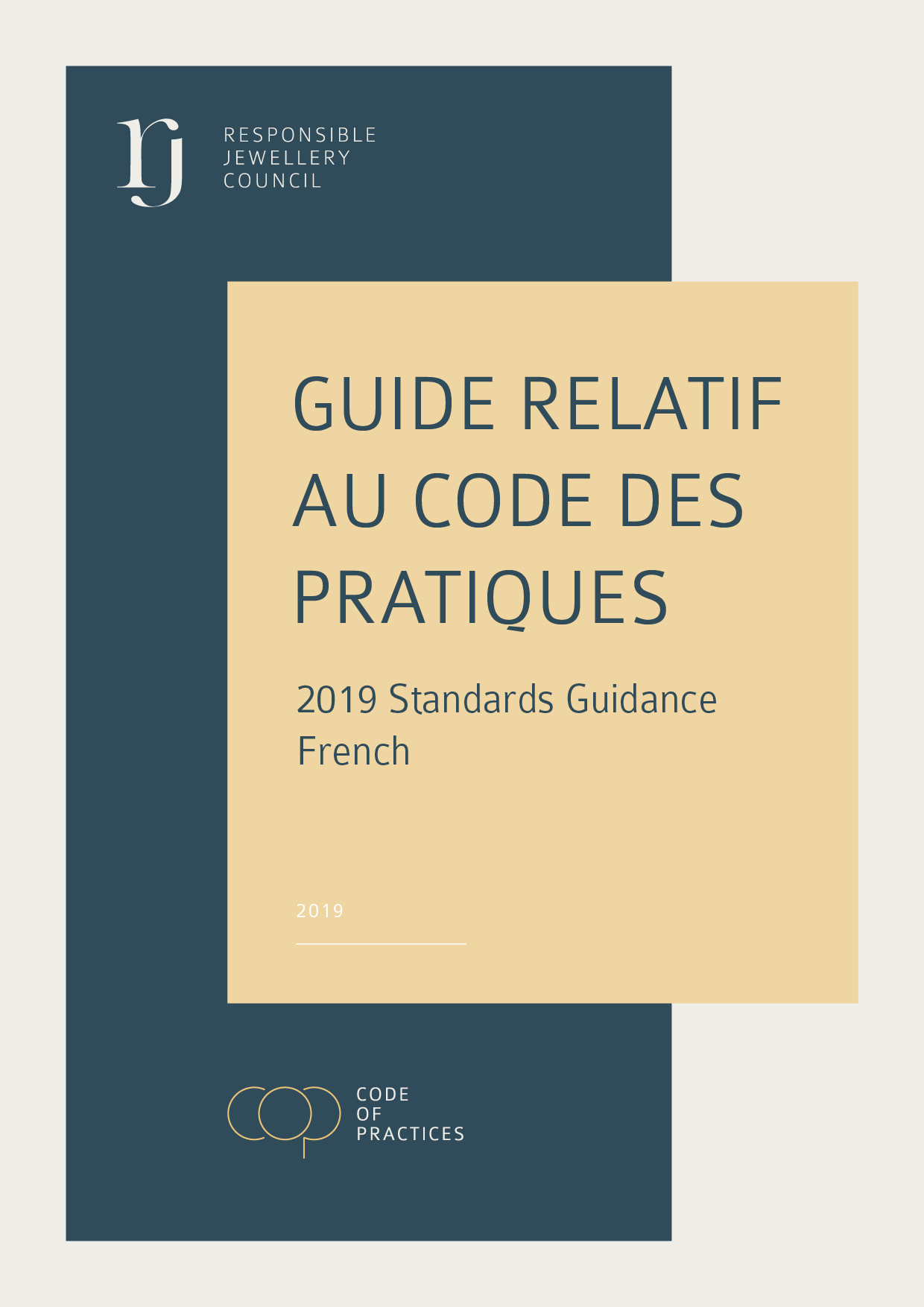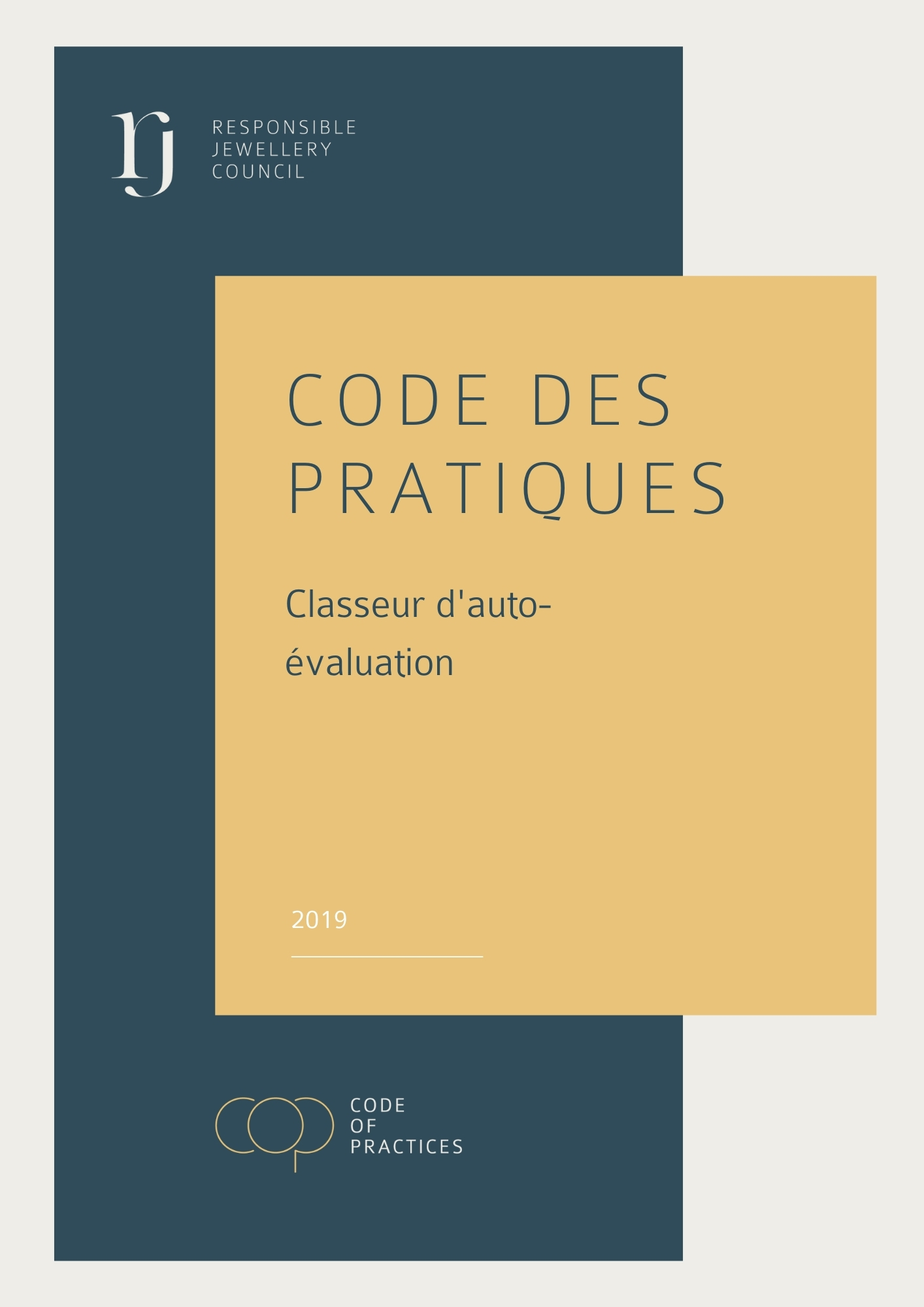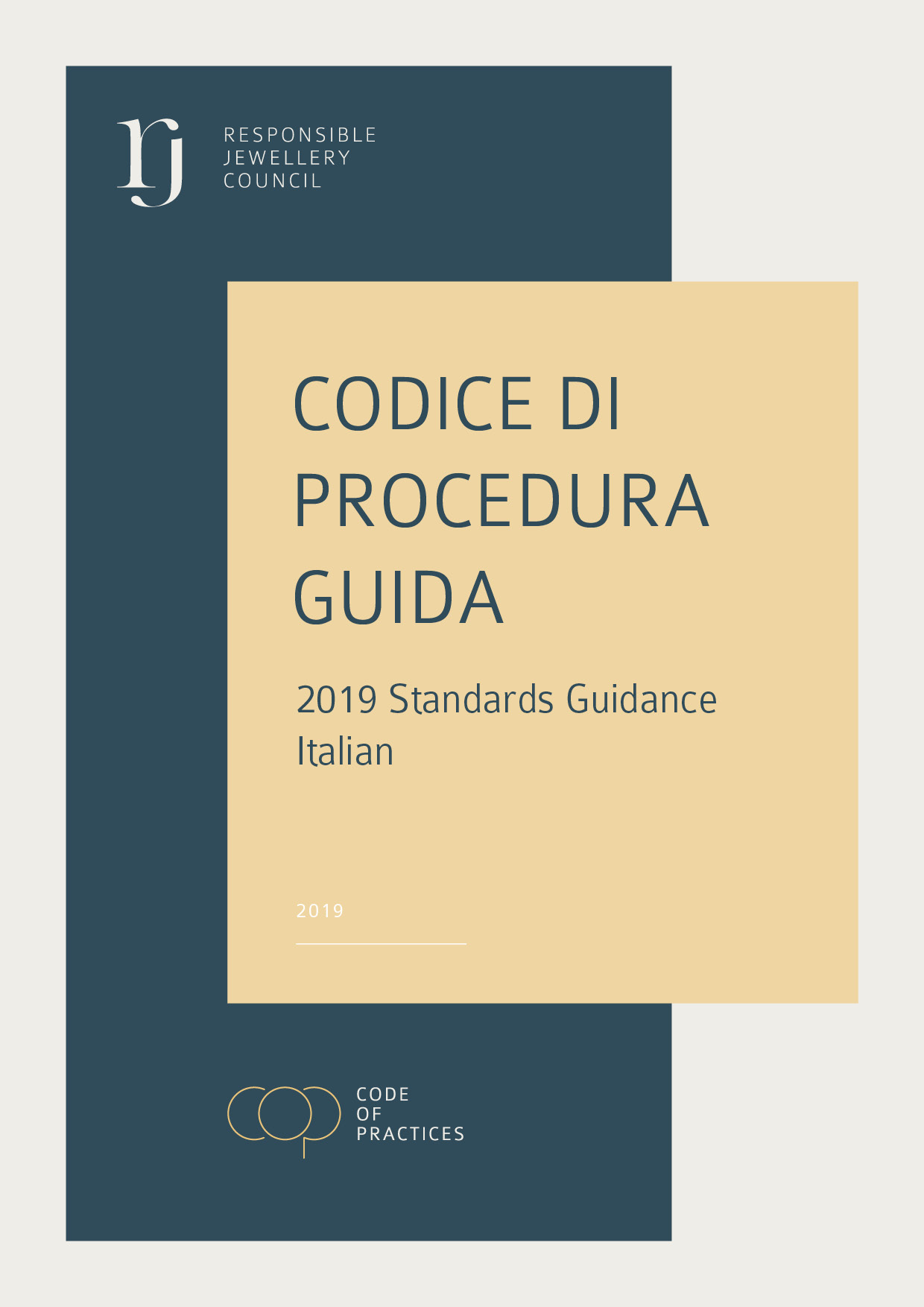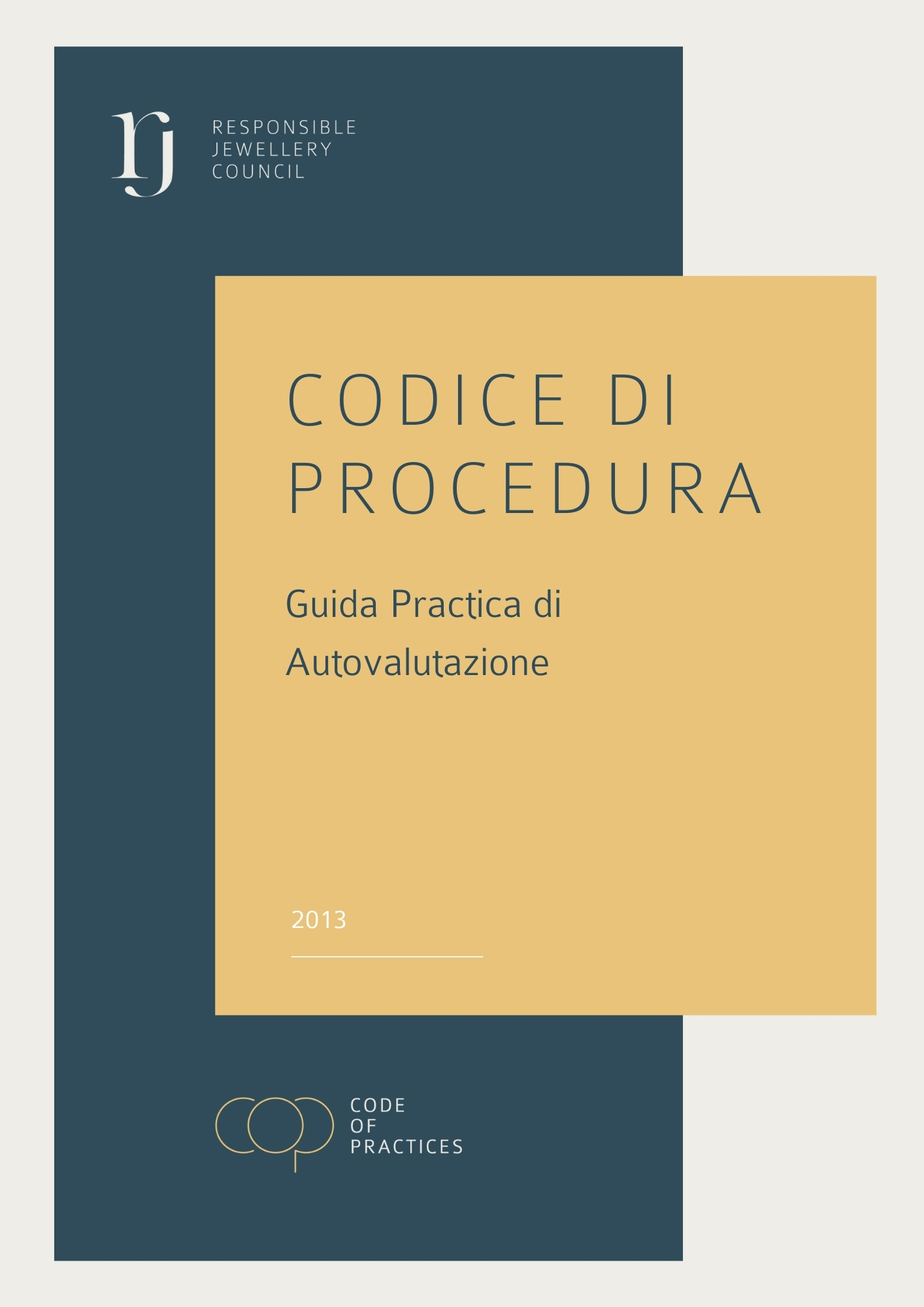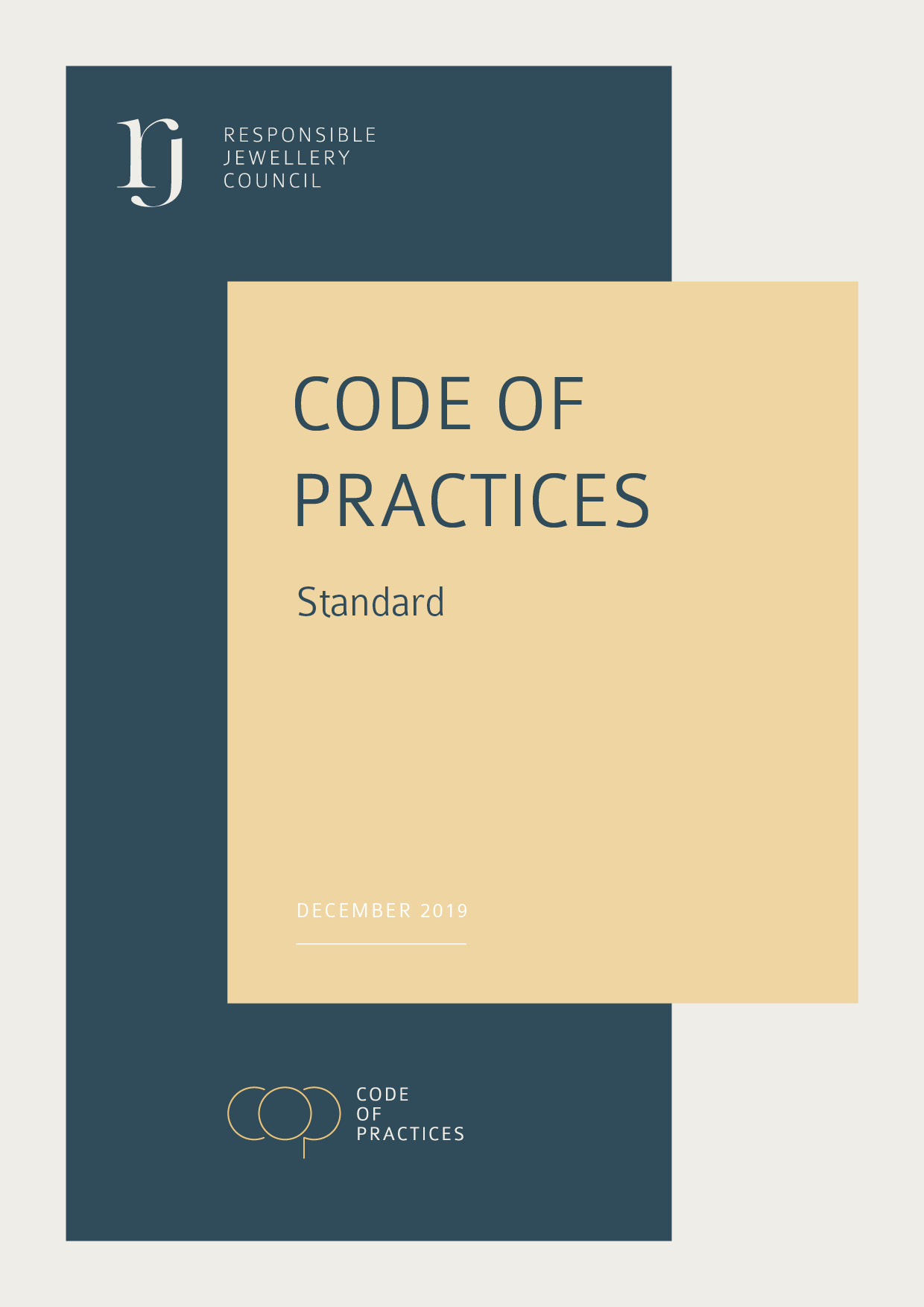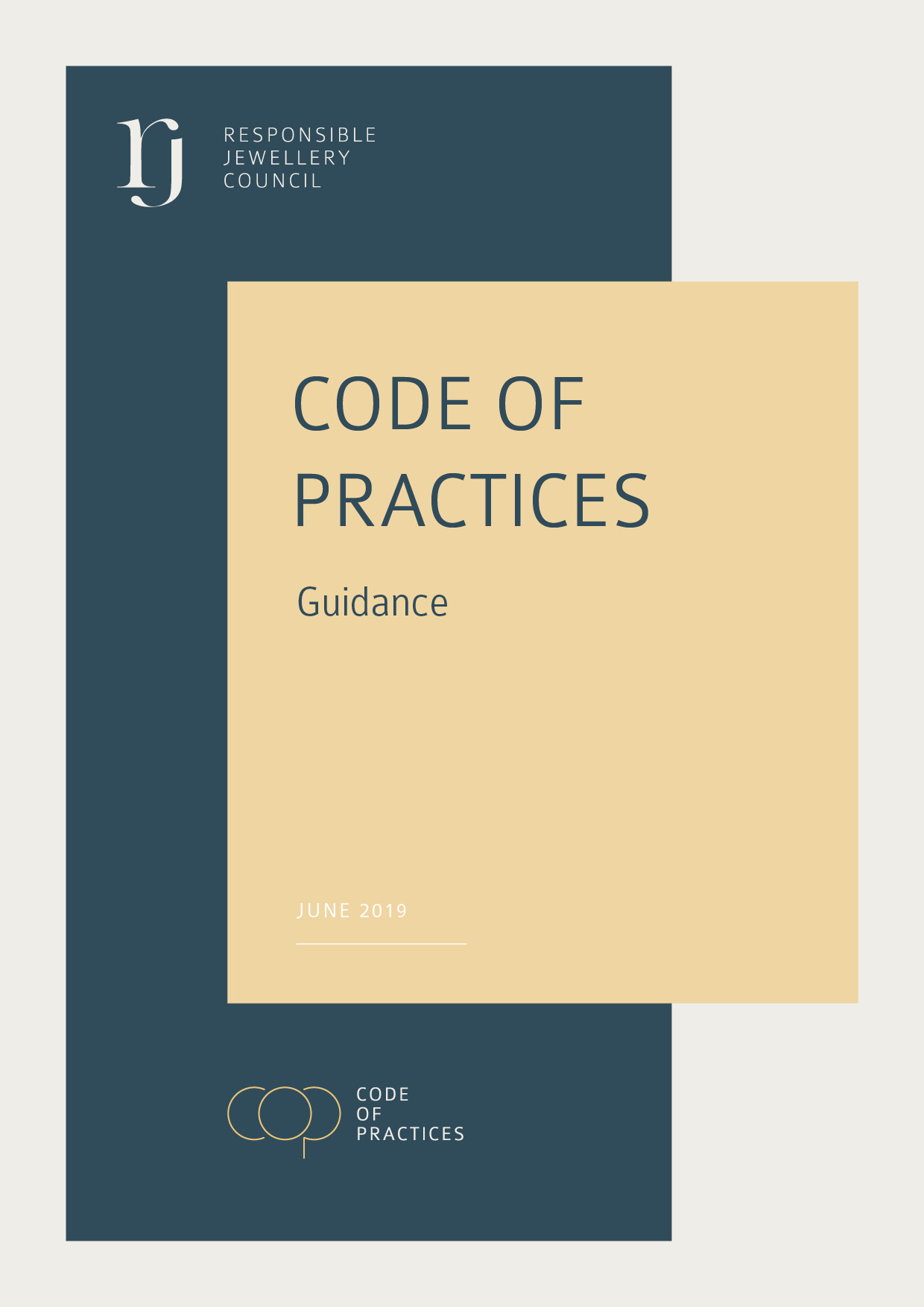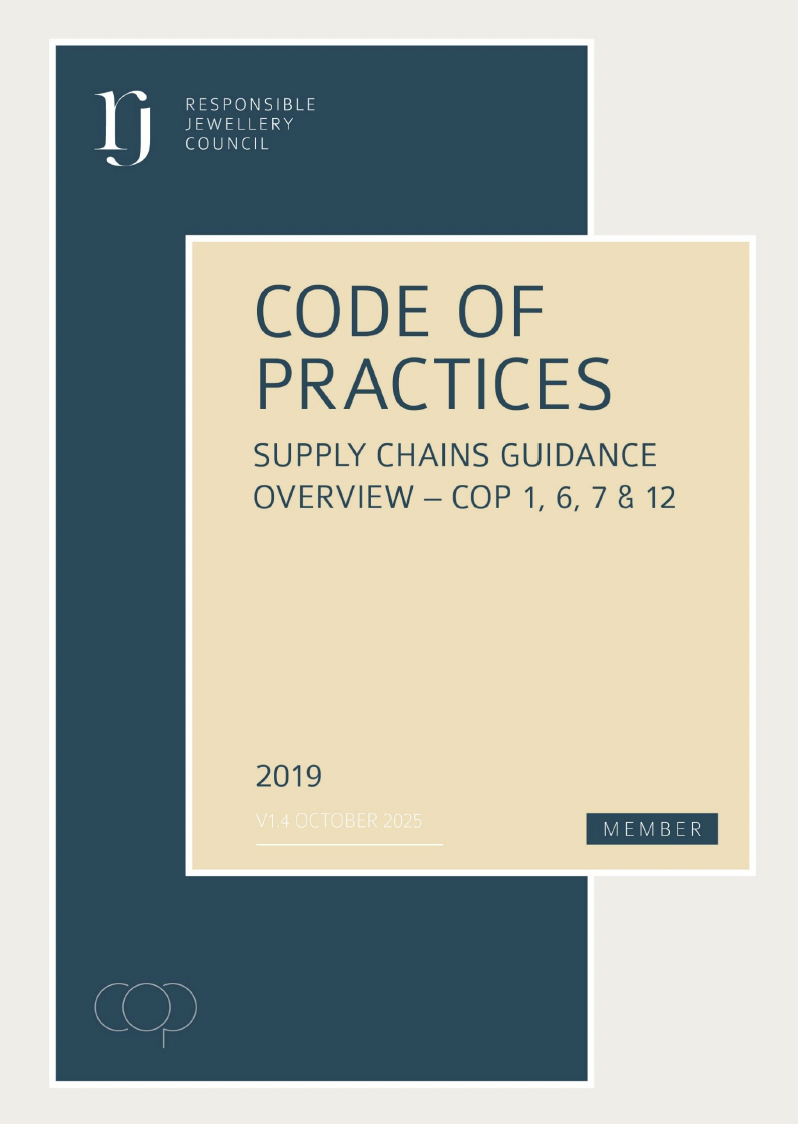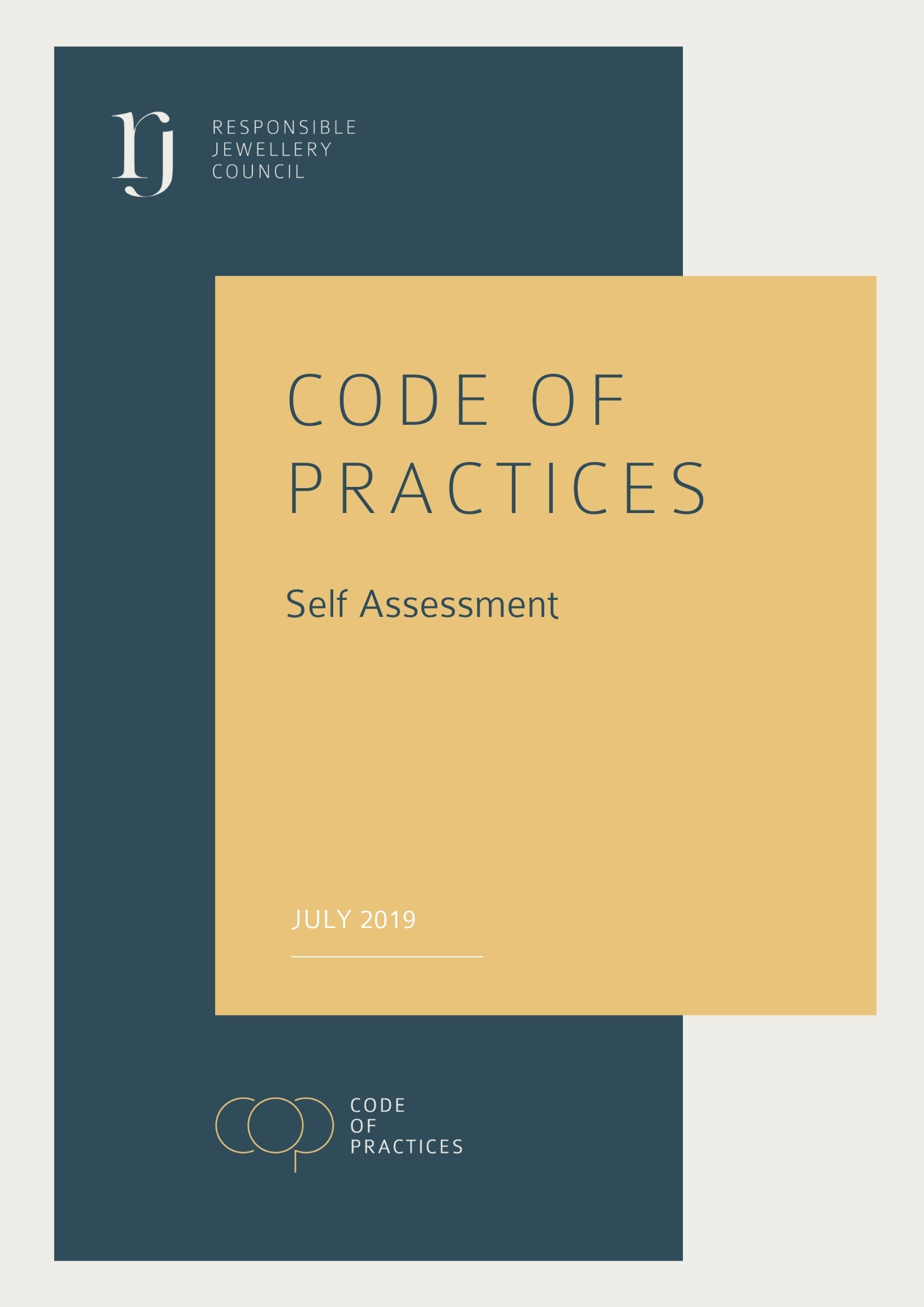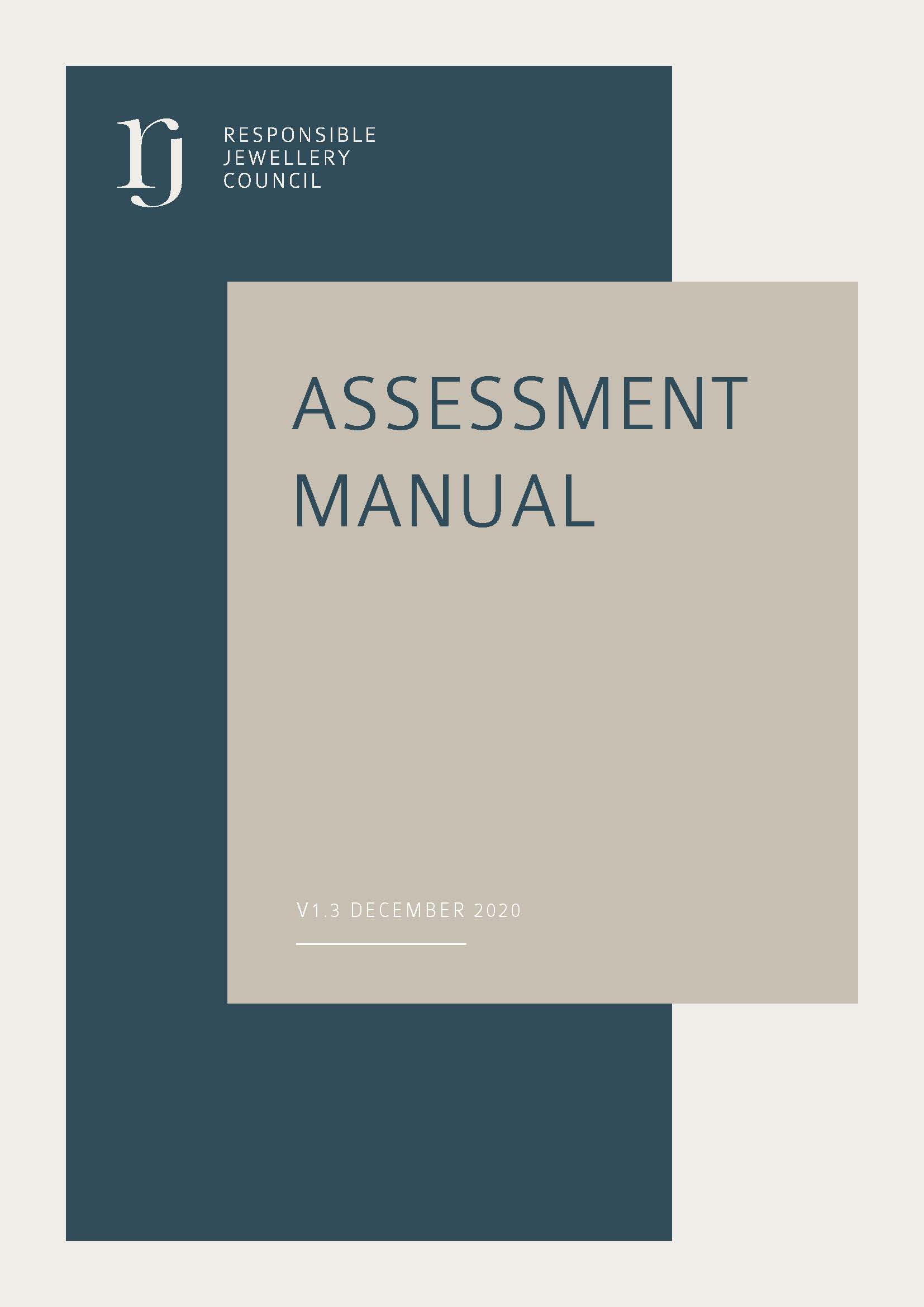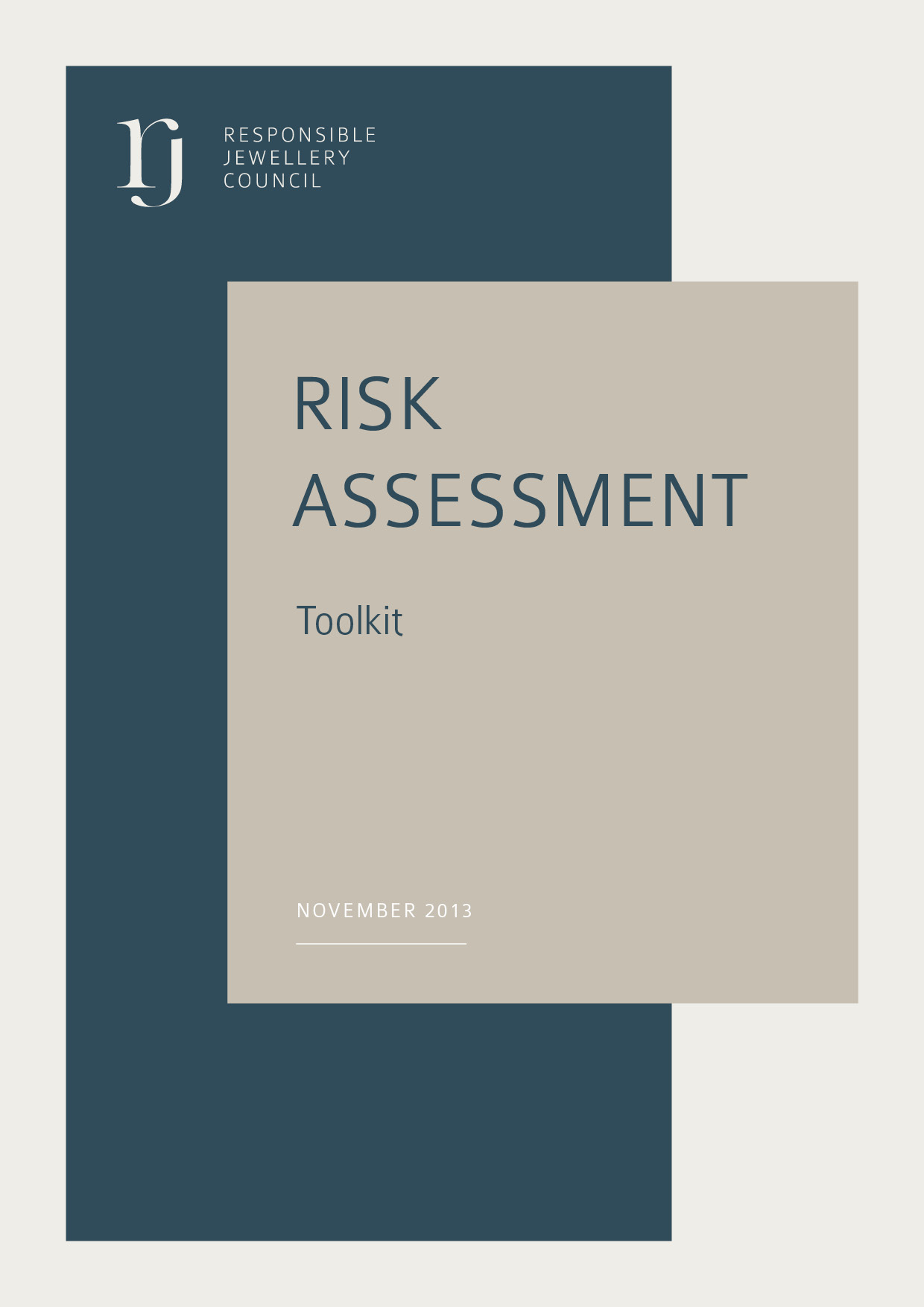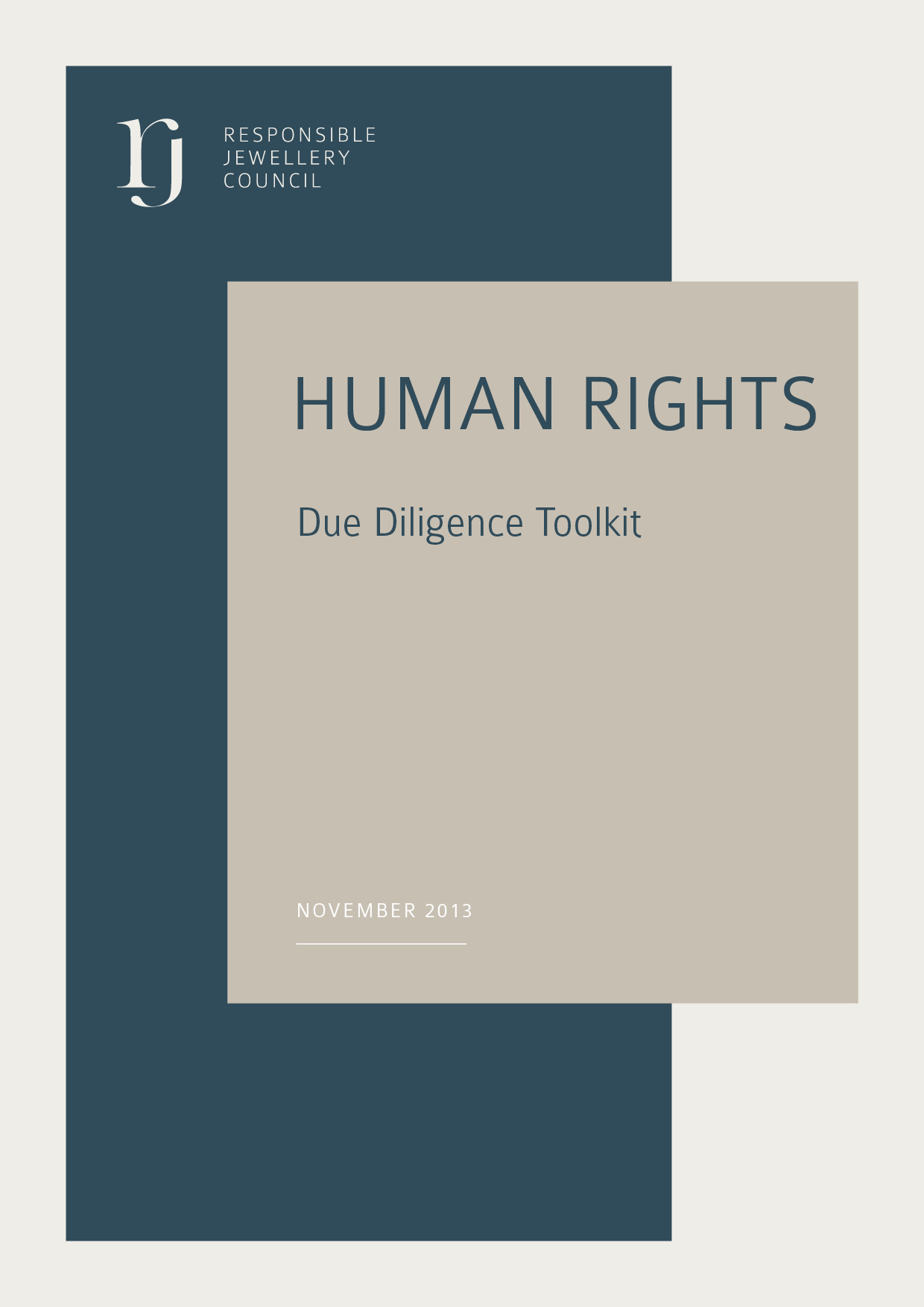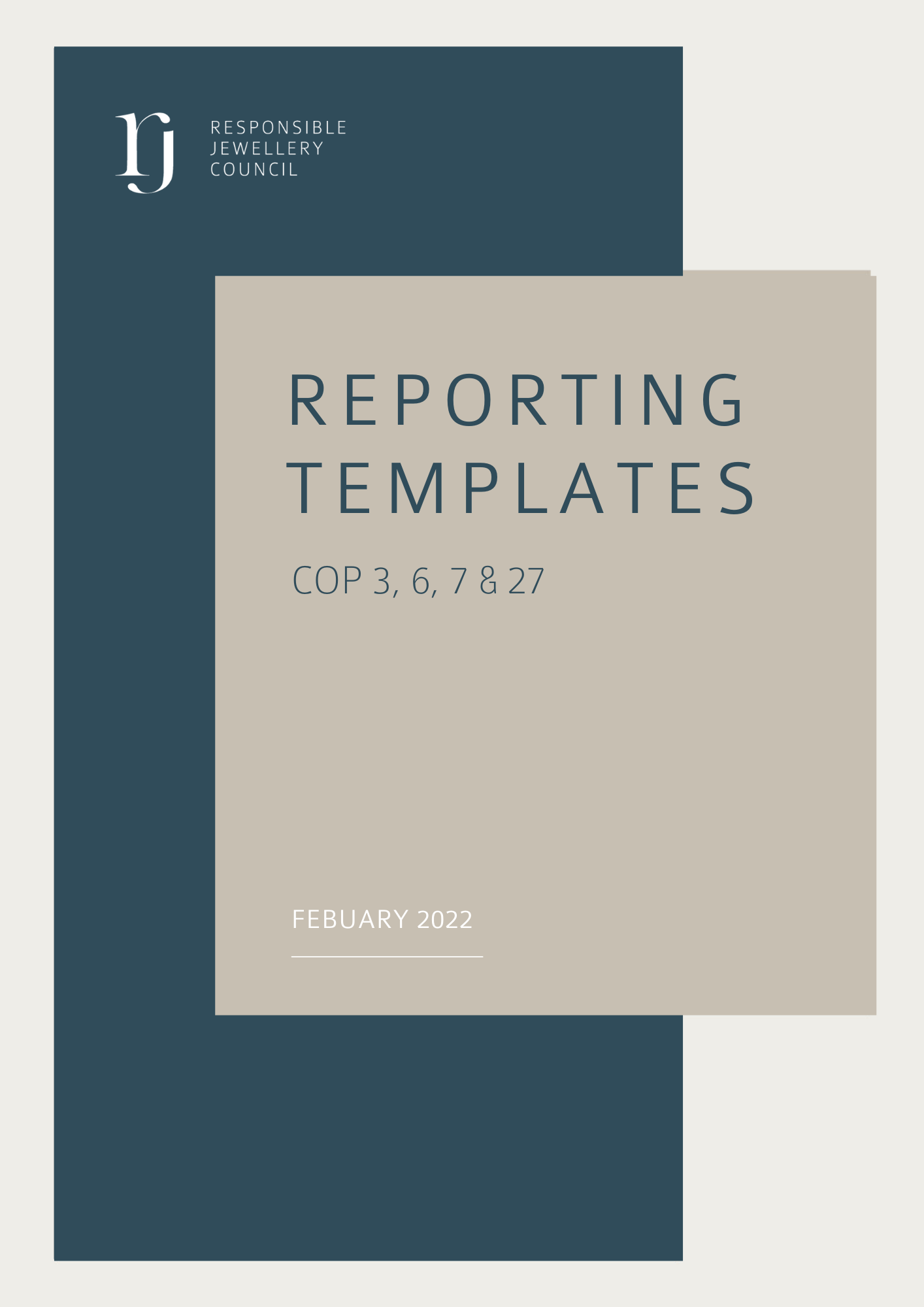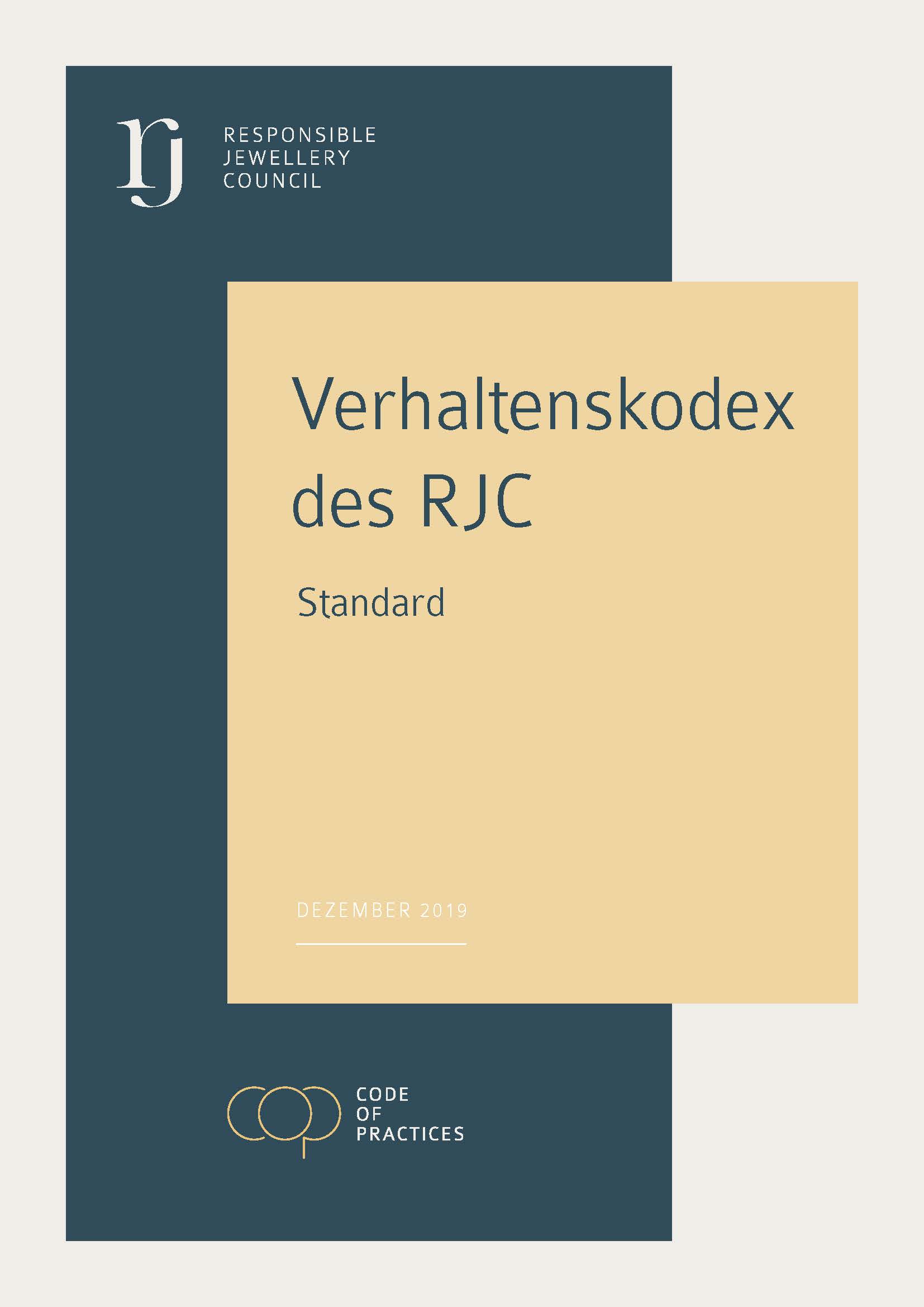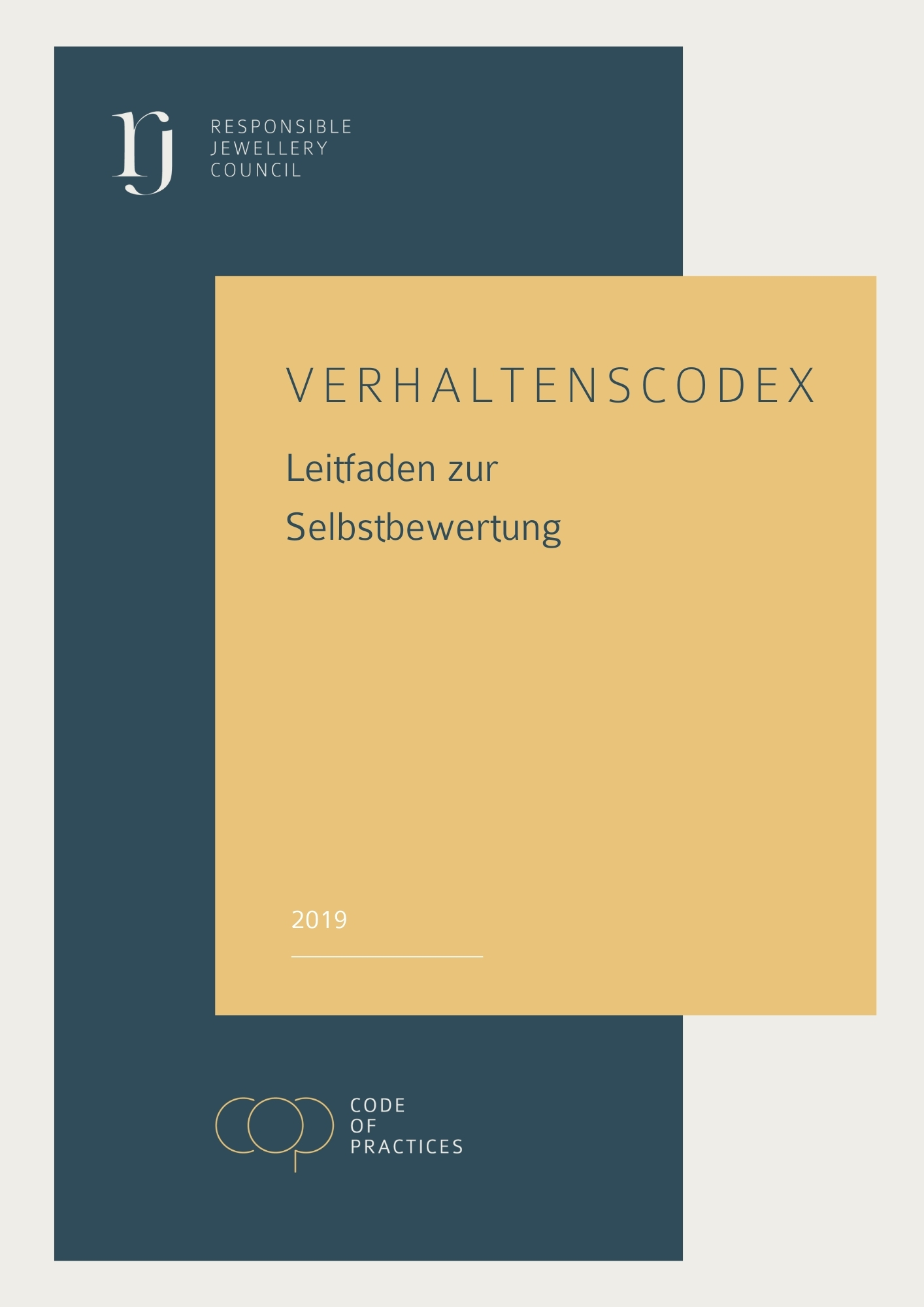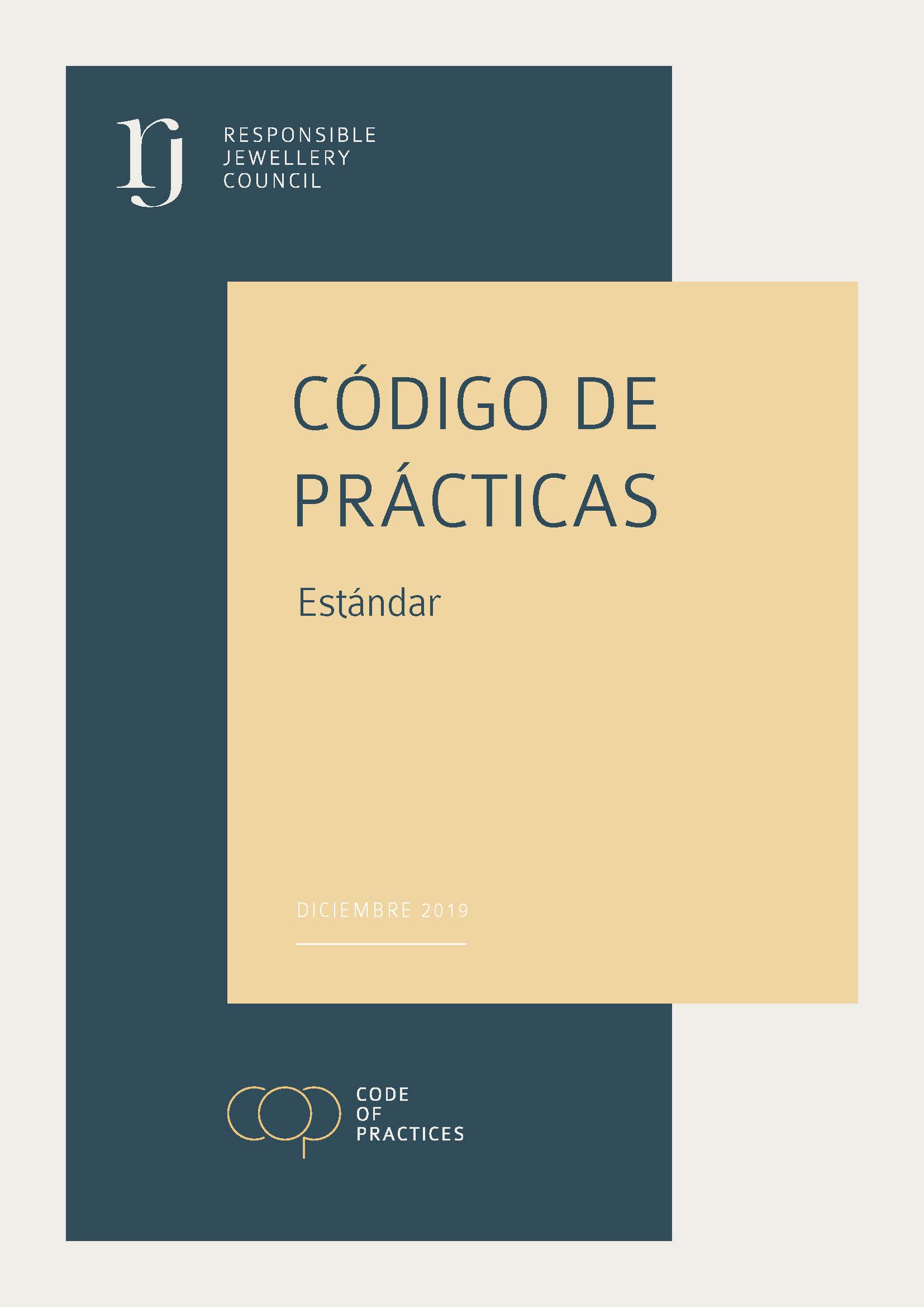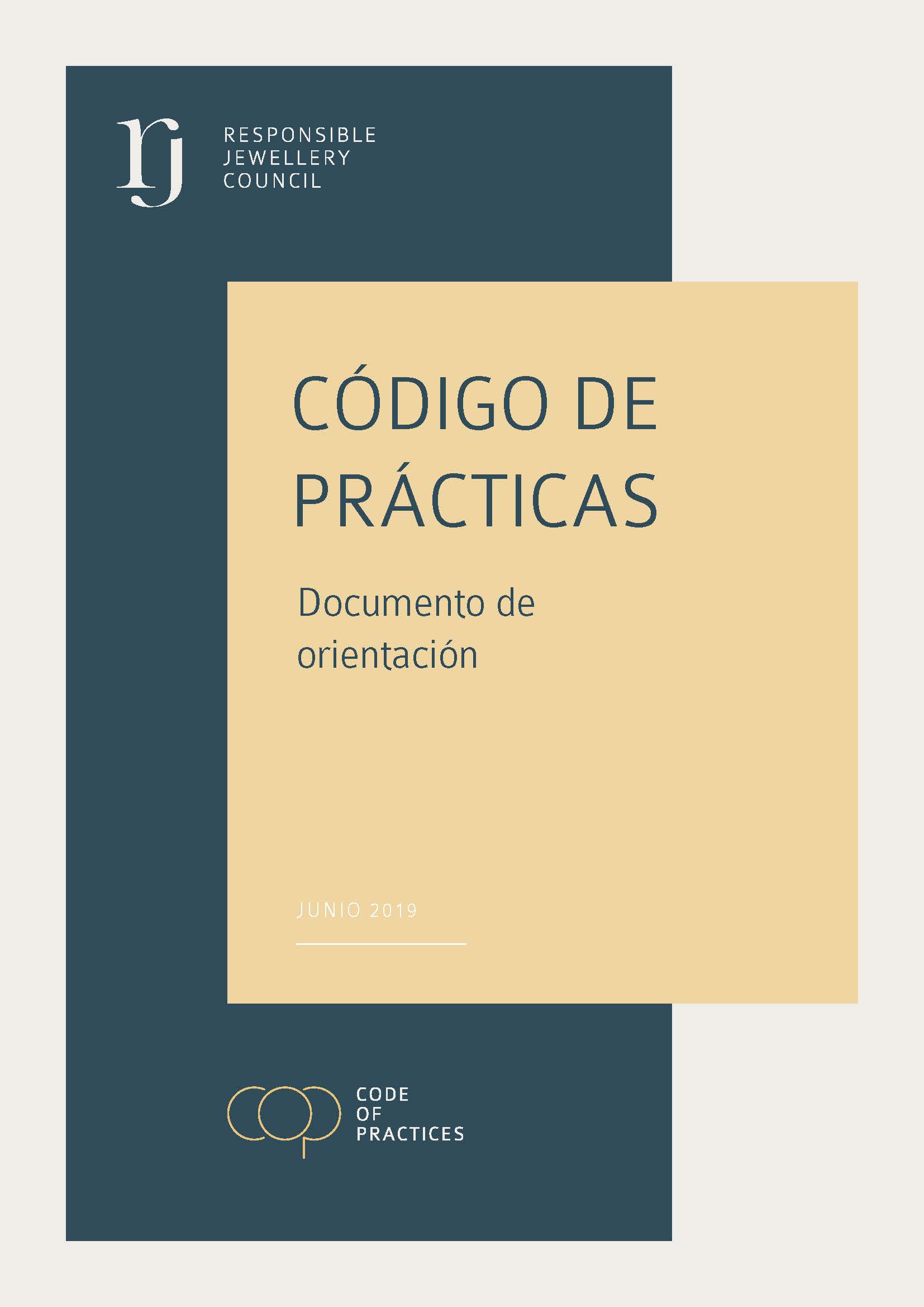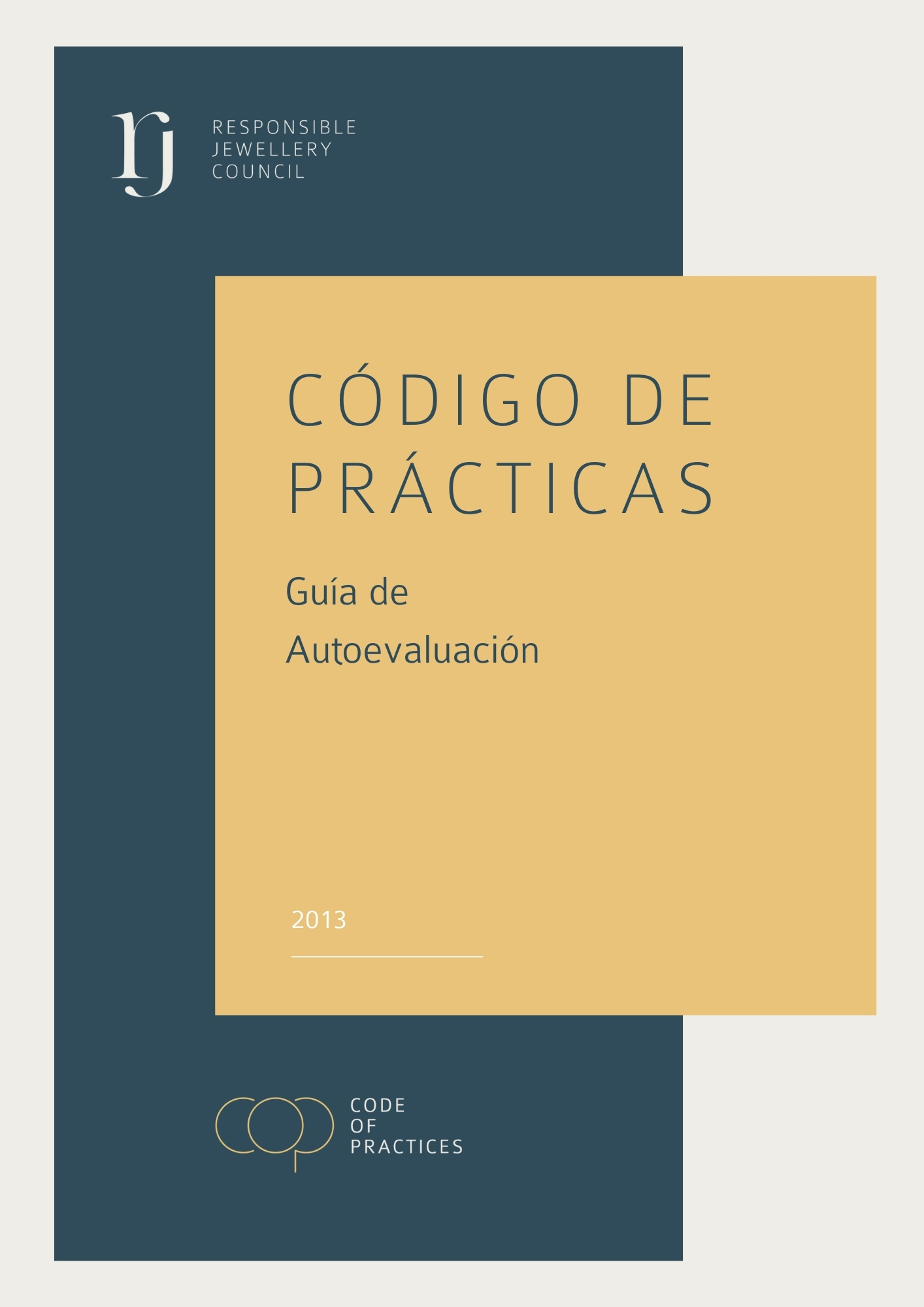
GOALS
The COP defines the requirements for establishing responsible business practices throughout the jewellery supply chain, from mine to retail
The COP is made up of 45 provisions that are specifically designed for companies to fulfil six broad objectives:
- To improve legal and regulatory compliance, strengthen public reporting and secure a commitment to responsible business practices.
- To increase the use of due diligence in supply chains to uphold human rights, support community development, promote anti-corruption efforts and manage sourcing risks.
- To better comply with international labour conventions and ensure responsible working conditions.
- To protect the health and safety of both people and environments, and to use natural resources efficiently.
- To adequately control, and disclose information about, products and so avoid misleading or deceptive marketing practices.
- To secure responsible exploration and mining practices that protect potentially affected communities and environments from adverse impacts.
Download CenterDive Deeper Into the COP Standard
Select Language
The Self-Assessment can be found on the Member Portal
COP 2024 STANDARD Key changes on COP 2024
- The provision formalises the requirements for management systems to implement the COP.
- The revision also consolidates and integrates the requirements for a complaints and grievance mechanism, drawing on requirements formally captured in other provisions including COP 6 Human Rights and COP 33 Stakeholder Engagement.
- Management systems are at the core of COP implementation and there was a need to make this consistent with the COC.
- COP 6 Human Right has a greater focus and guidance on Human Rights due diligence aligned to the United Nations Guiding Principles on Business and Human Rights.
- Human rights is already an important provision in the COP standard, but the expansion with additional guidance aims to provide further support to help members develop appropriate approaches to conformance to avoid and address any human rights related adverse impacts.
- COP 7 has been amended to clarify its application for members to conduct appropriate due diligence for responsible sourcing of COP RJC scope materials, including from Conflict-Affected and High-Risk Areas.
- Supporting guidance has also been included to assist members conform with these requirements.
- A new requirement and guidance, as COP 7.2, has been included for refiners to be able to identify and report on the origin of mined and recycled gold to the RJC and more broadly.
- Stronger emphasis on tracing the supply chain and undertaking enhanced KYC with a focus of going further back to the origin of materials.
- New requirement (COP 12.2), for members to conduct enhanced ‘know your customer’ to scenarios where members with mineral processing or refining operations extract COP RJC scope materials from input substances on behalf of a third party or for members that handle COP RJC scope material on consignment such as a trader.
- COP 14 has been revised to clarify the expectations and requirements for provenance claims.
- Expanded to include other types of claims being made in relation to the topics in scope and to RJC certification.
- Covering claims that relate to RJC membership, RJC certification, product or marketing claims, sustainability claims, and provenance claims.
- Claims and the management systems to support then must be verified during the member’s audit.
- Inclusion of new requirements for Diversity, Equity and Inclusivity absent from the previous version of the COP and added to bring the COP in line with emerging standards and expectations.
- Adoption of a risk-based approach for the management and mitigation of impacts arising from a members wastes and emissions.
- New requirements for energy and greenhouse gas (GHG) emissions.
- All members must identify and report on scope 1 & 2 GHG emissions.
- Members with mining and mineral processing operations must also identify and report their scope 3 GHG emissions.
- Revisions to the wording to clarify the existing requirements with some expanded expectations in relation to grading analysis and appraisals of COP RJC scope materials, including generation of reports.
We have made updates to the following mining provisions:
- COP 33 Stakeholder Engagement
- COP 34 Indigenous peoples and Free, Prior and Informed Consent (FPIC)
- COP 35 Impact Assessment
- COP 37 Resettlement
- COP 38 Emergency Response
- COP 39 Biodiversity
- COP 43 Rehabilitation & Closure
- COP 44 Community Health & Safety (new 2024 provision)
- COP 45 Cultural Heritage (new 2024 provision)
Key dates for implementing the COP
2024 COP & COC Effective Date
On the 1st of January 2025, the fully revised 2024 Code of Practices and Chain of Custody became effective.
Optional 2024 COP & COC Certification
If members have found an auditor that has been fully trained and has availability, they can choose to be certified against the 2024 COP or COC from the 1st April 2025.
2025 LGMS Effective Date
On the 1st of May 2025, the new Laboratory Grown Materials Standard became effective.
New Certification Manuals Fully Implemented
From this date, the new Member Certification Handbook and the Certification Process Requirements for Certification Bodies and Auditors will be fully implemented. This means any certification audit (including those conducted against the 2019 COP & 2017 COC) will be audited in accordance with the new handbooks, except COP 2019 mid-term reviews, bolt on audits, scope change and COC 2017 surveillance audits under existing certificates, that will follow the Assessment Manual 2020.
In addition, from this date members can undergo an audit against the 2024 COP, COC and 2025 LGMS.
No Certification Audits Conducted against 2019 COP & 2017 COC
From the 1st of January 2026 certification audits against the 2019 COP and 2017 COC will no longer be conducted, except COP 2019 mid-term reviews, bolt on audits, scope changes and COC 2017 surveillance audits under existing certificates, that will follow the Assessment Manual 2020.
LGMS Audits Must be Completed
All existing members dealing with LGMS should have an audit completed to expand their scope by the 1st May 2026.



